Listen online: Premiere of Antarctic work ‘Far South’ under Alexander Shelley
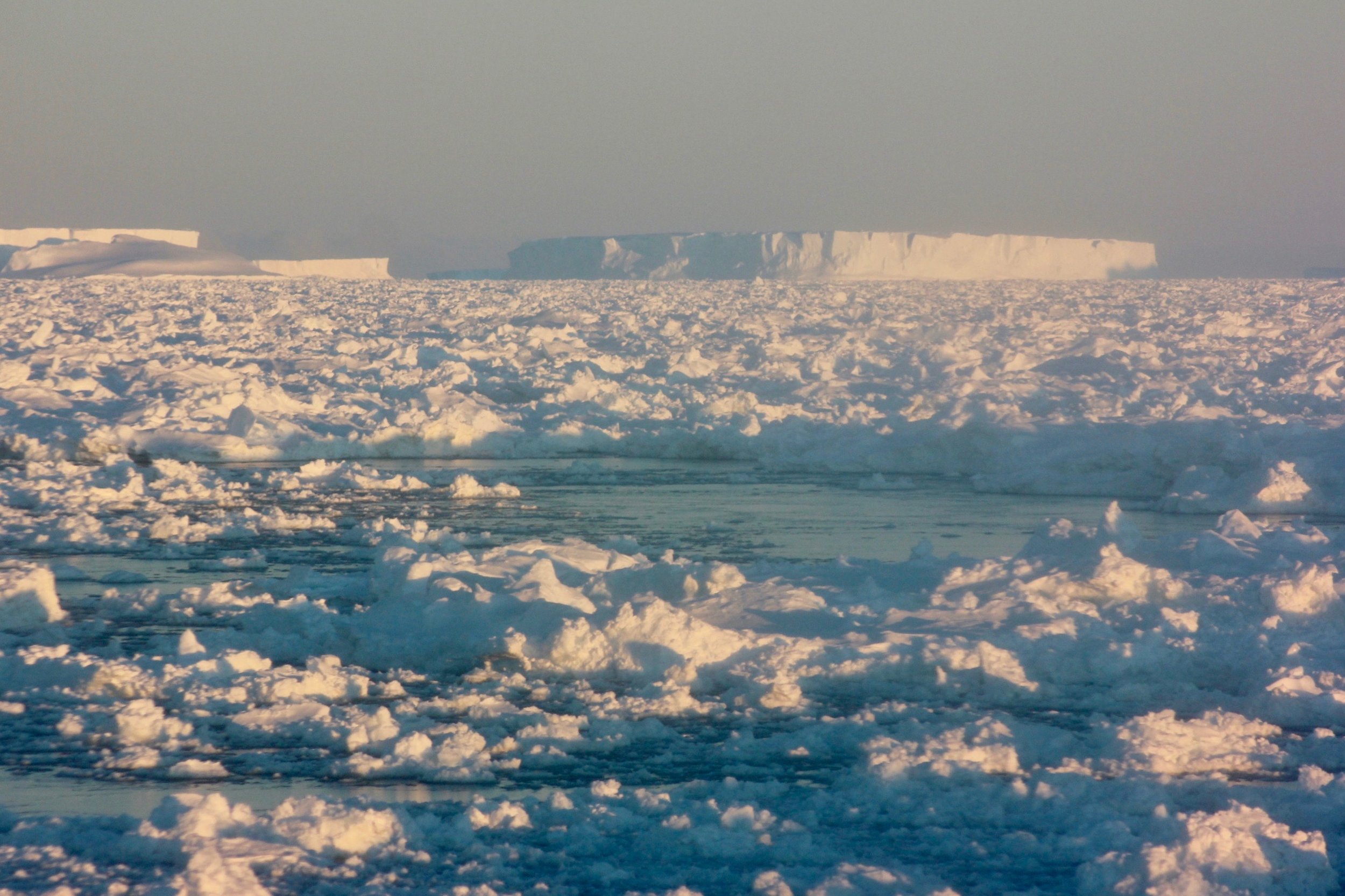

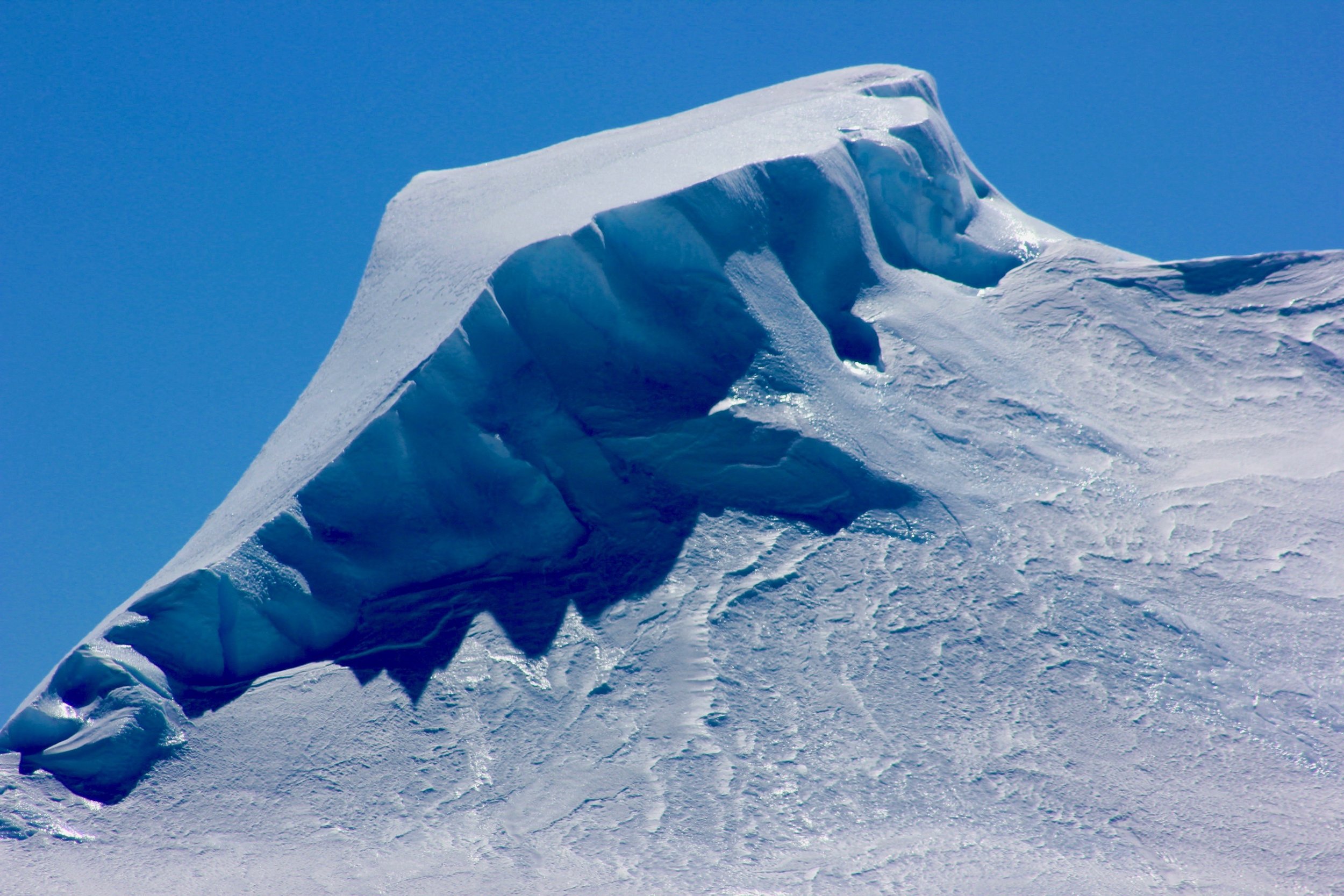
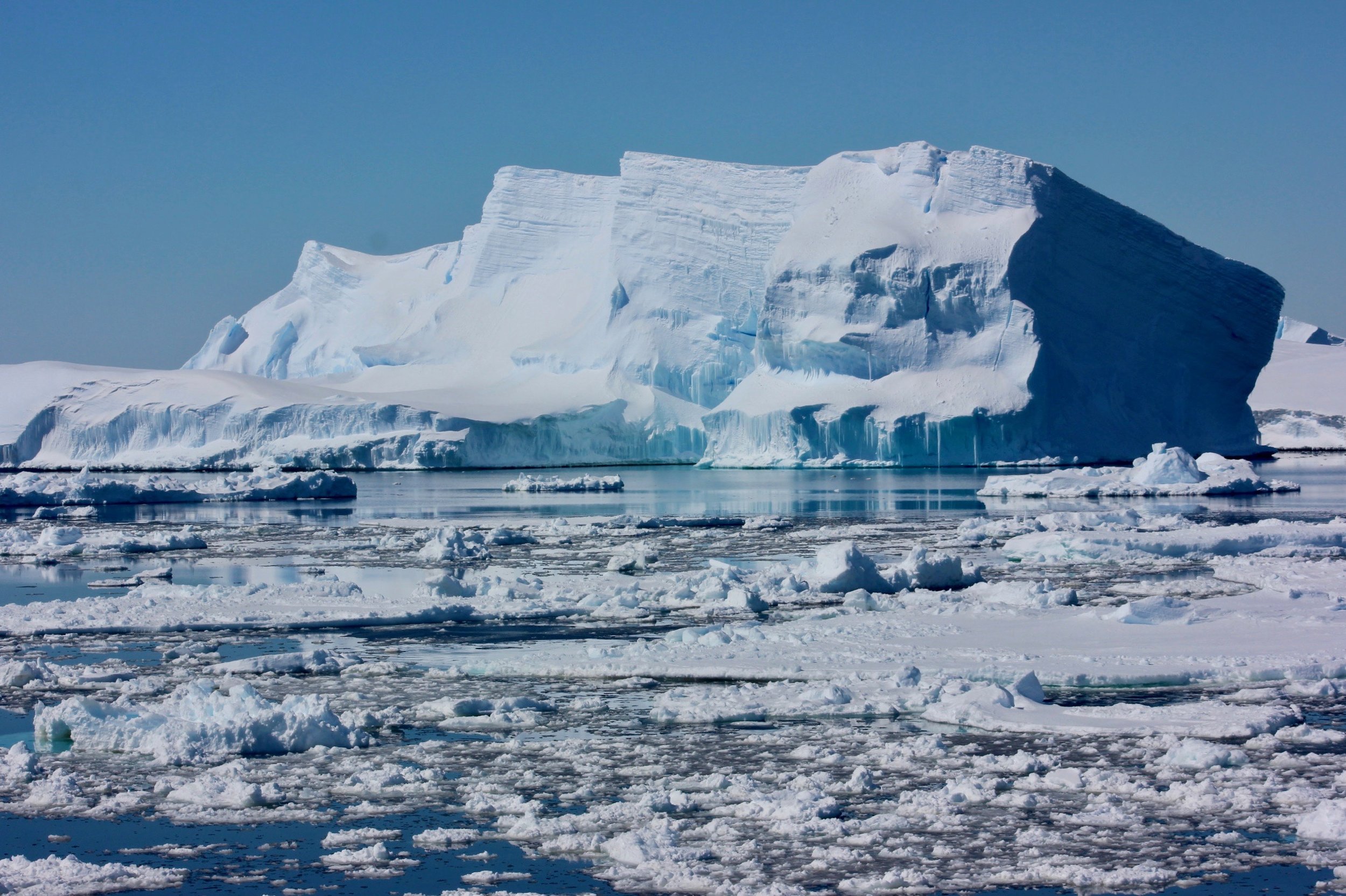
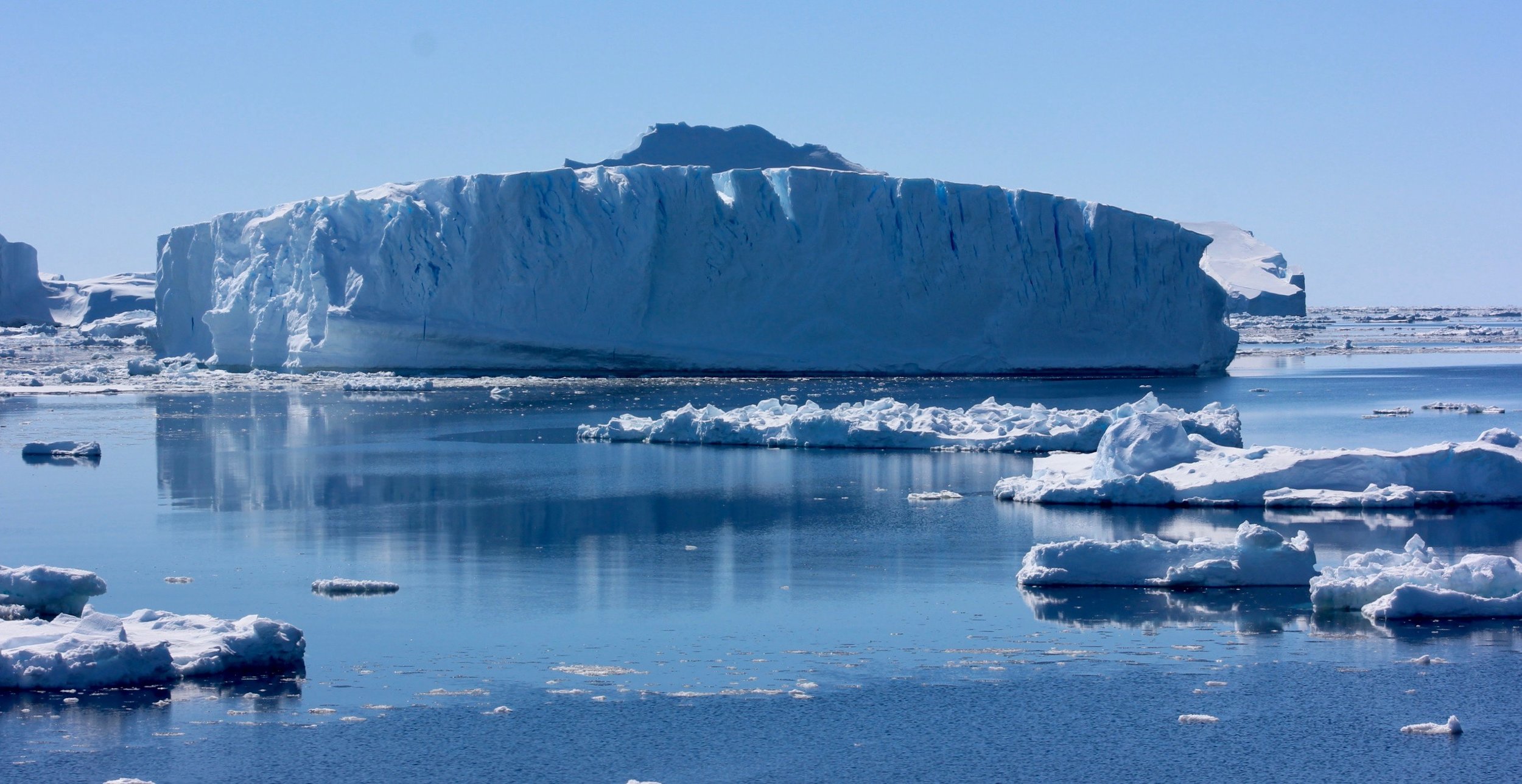
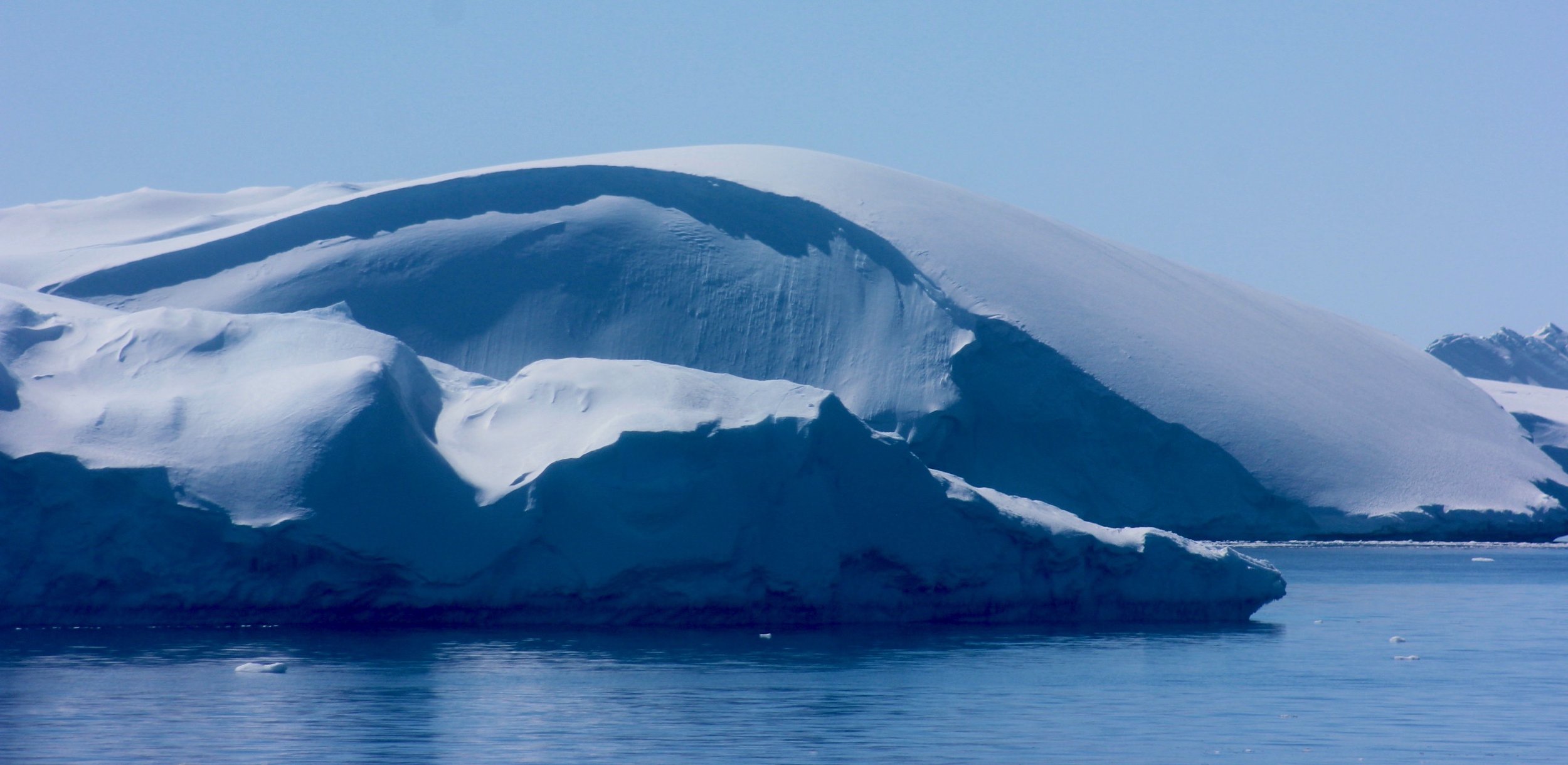
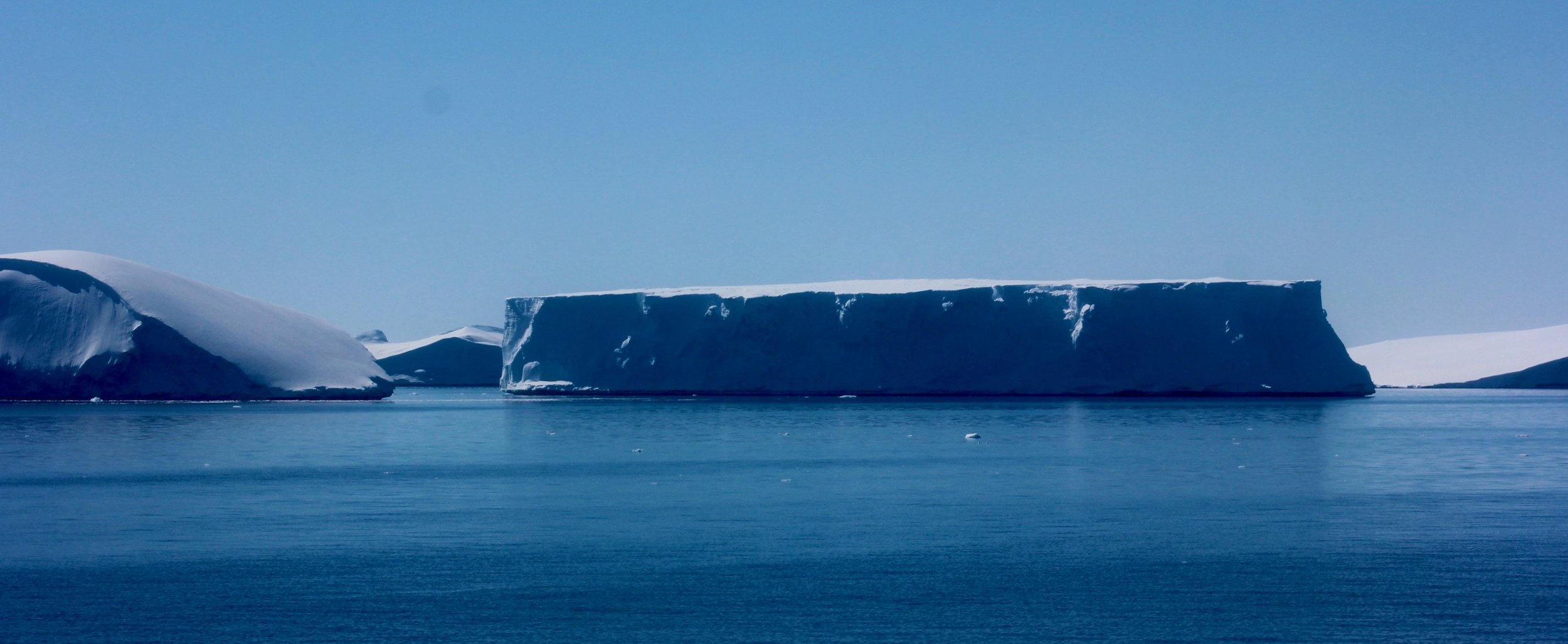
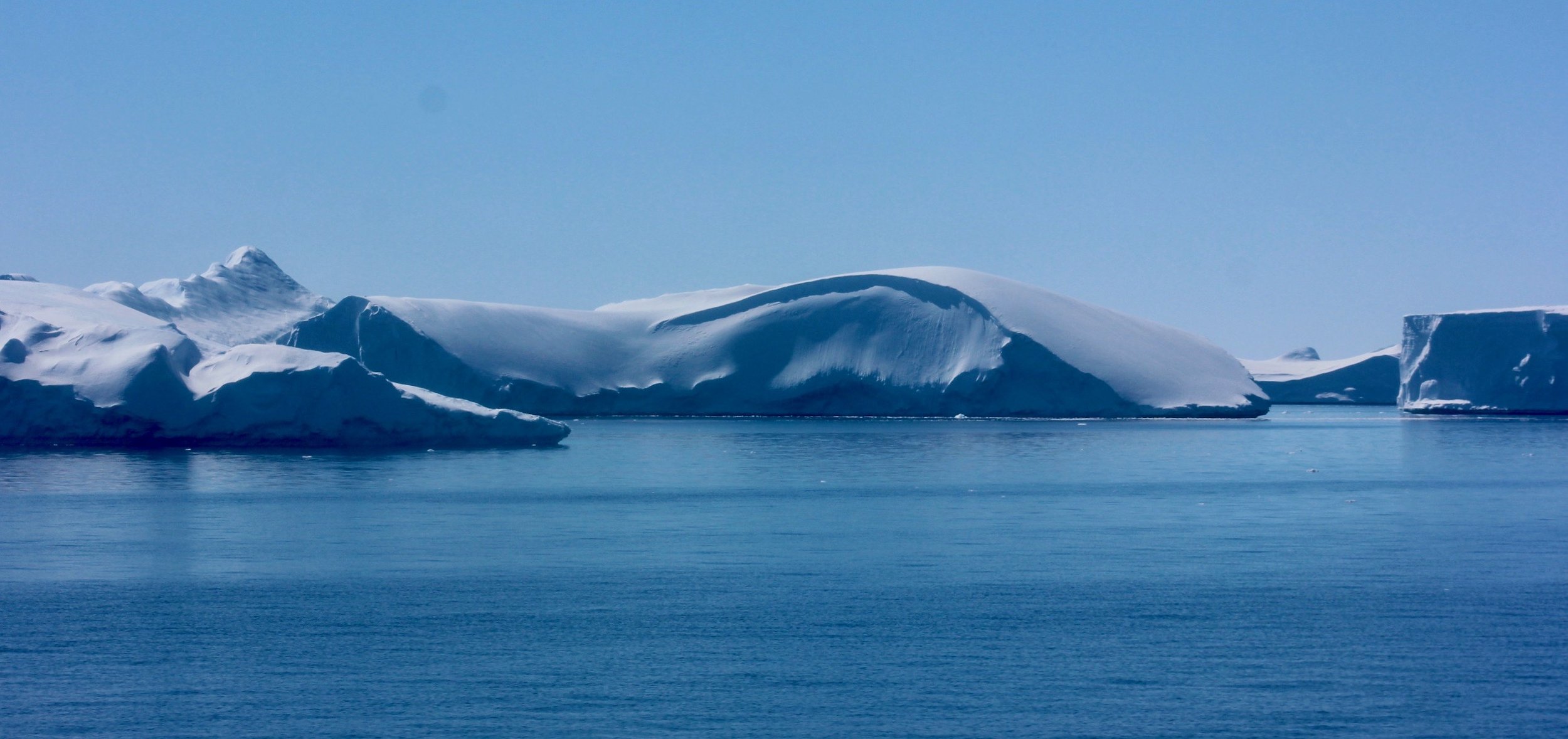
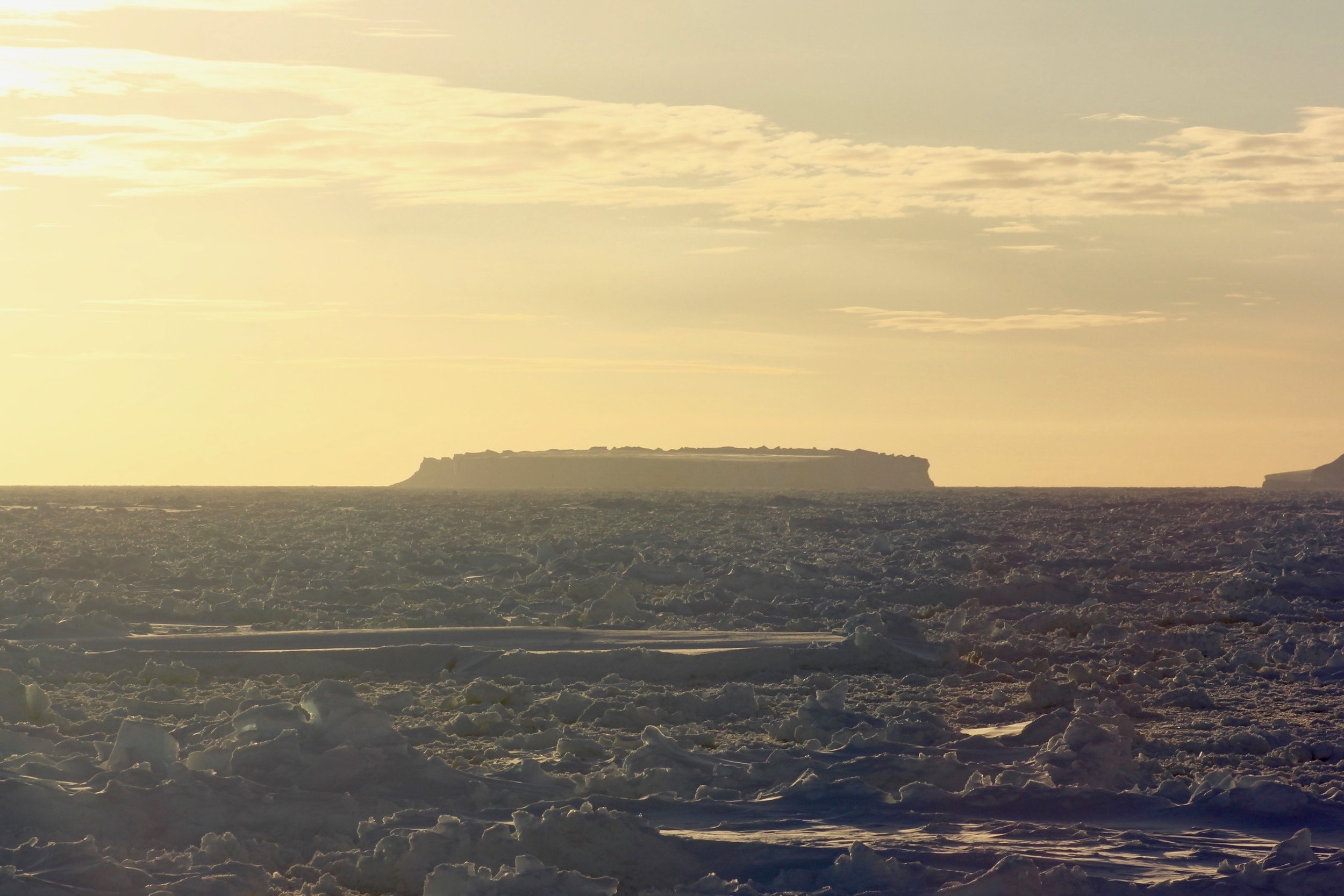
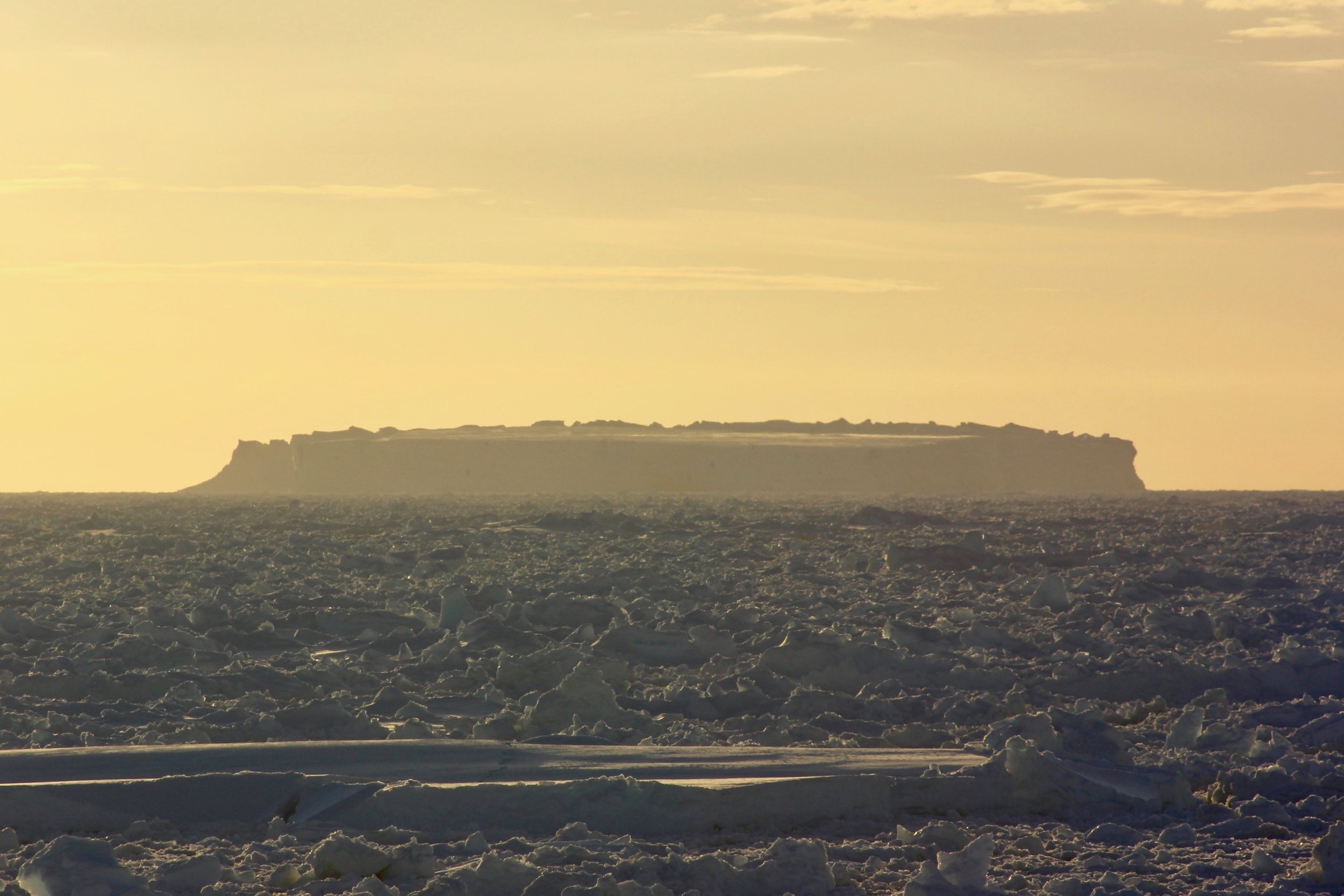
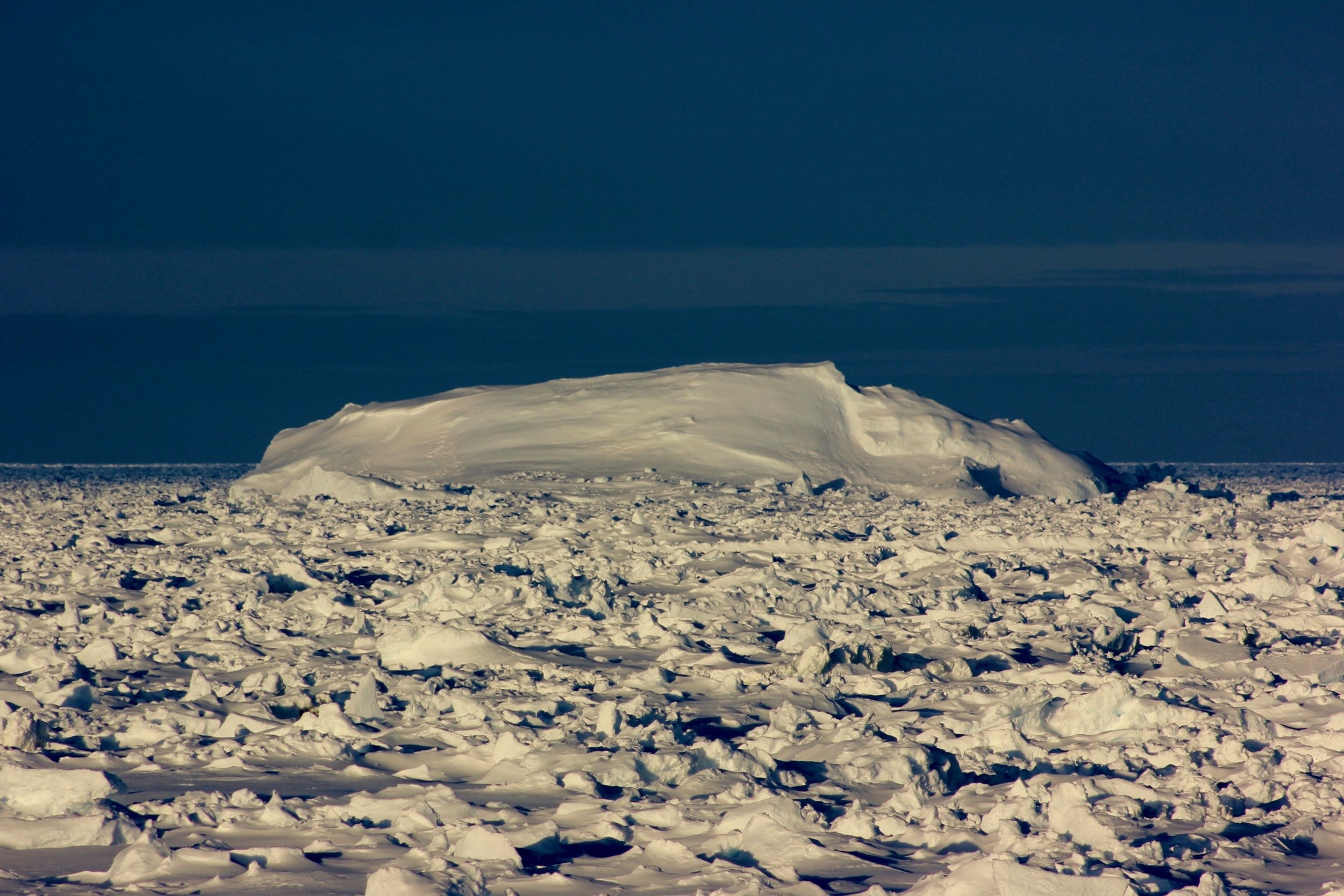
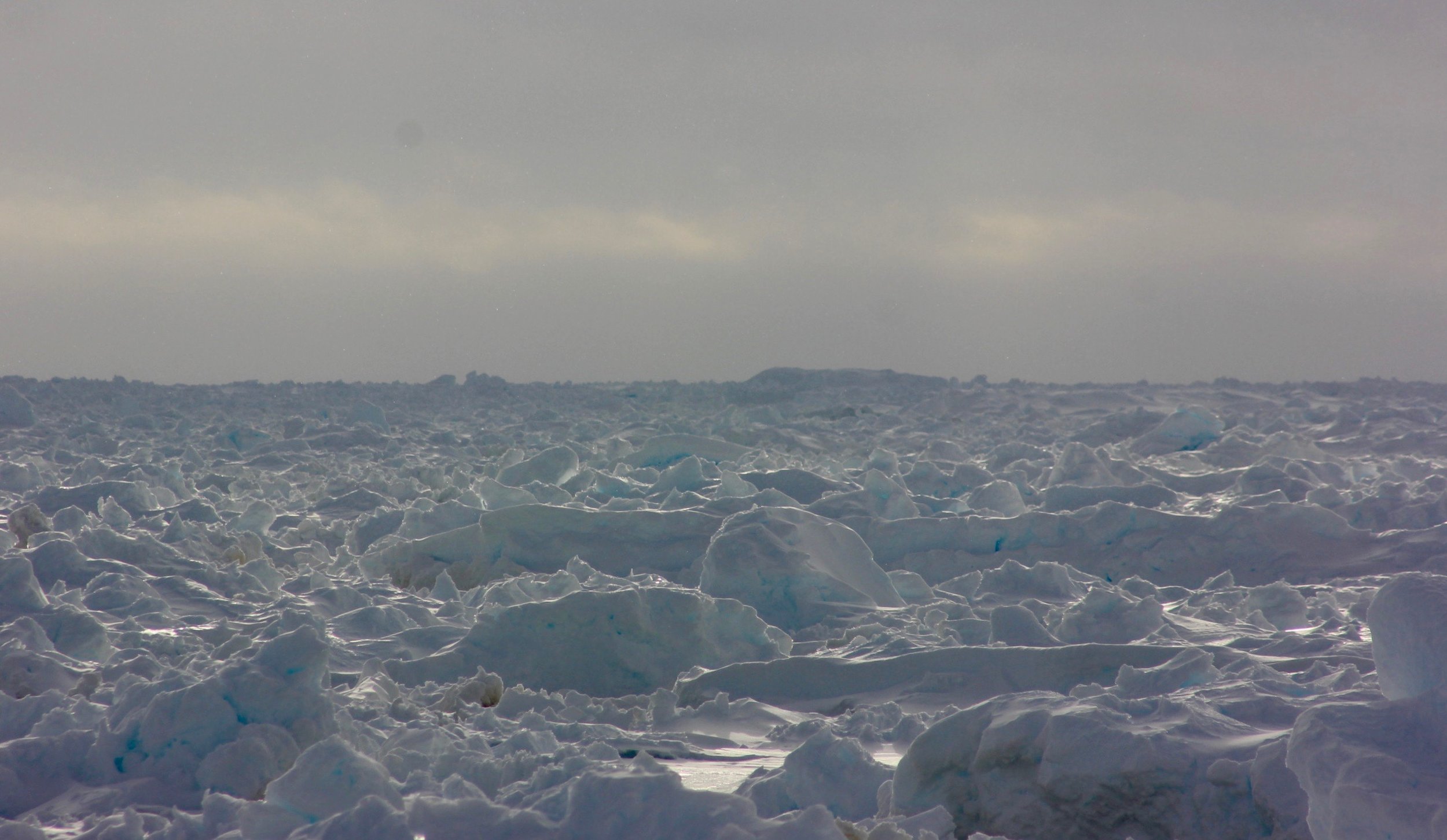
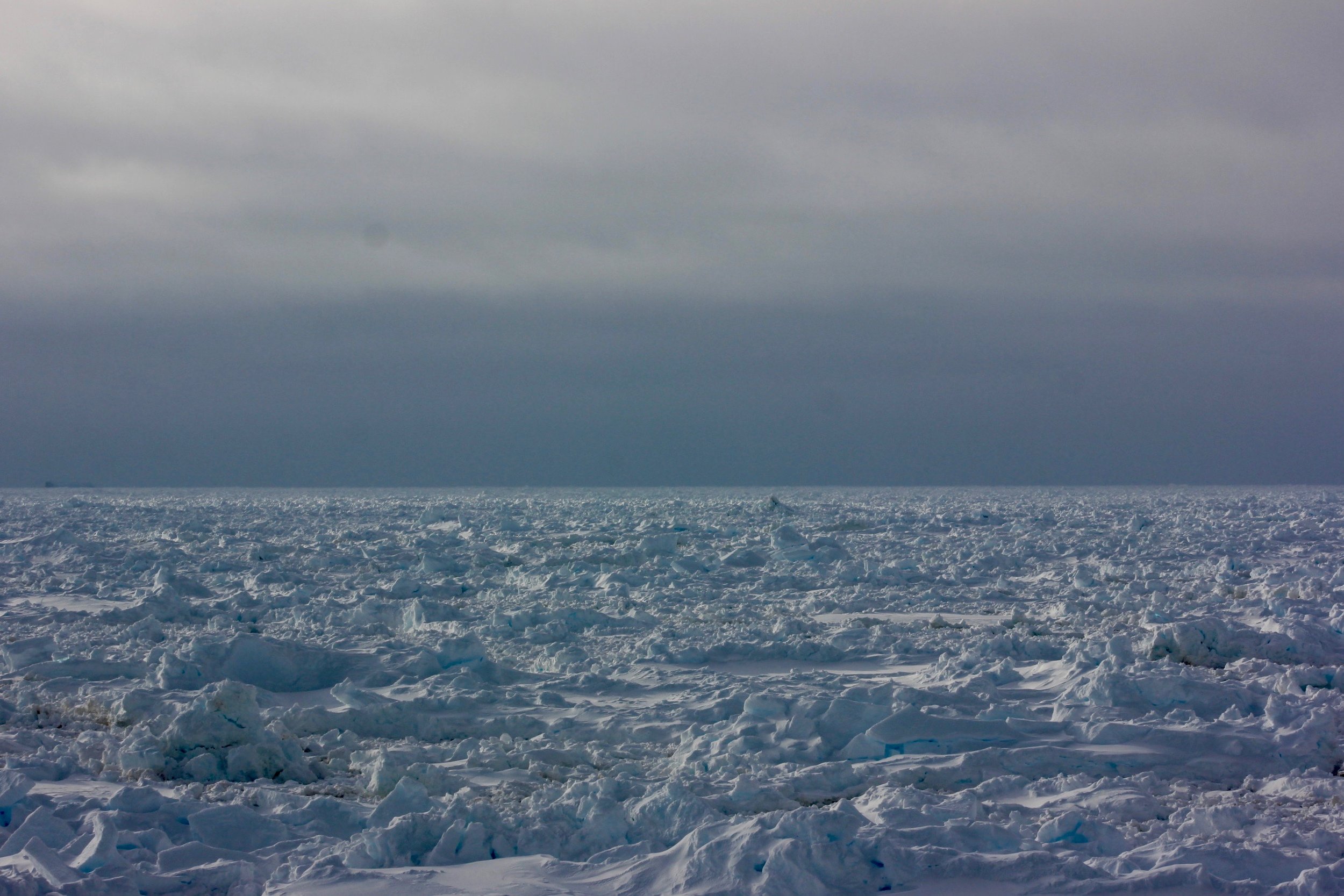
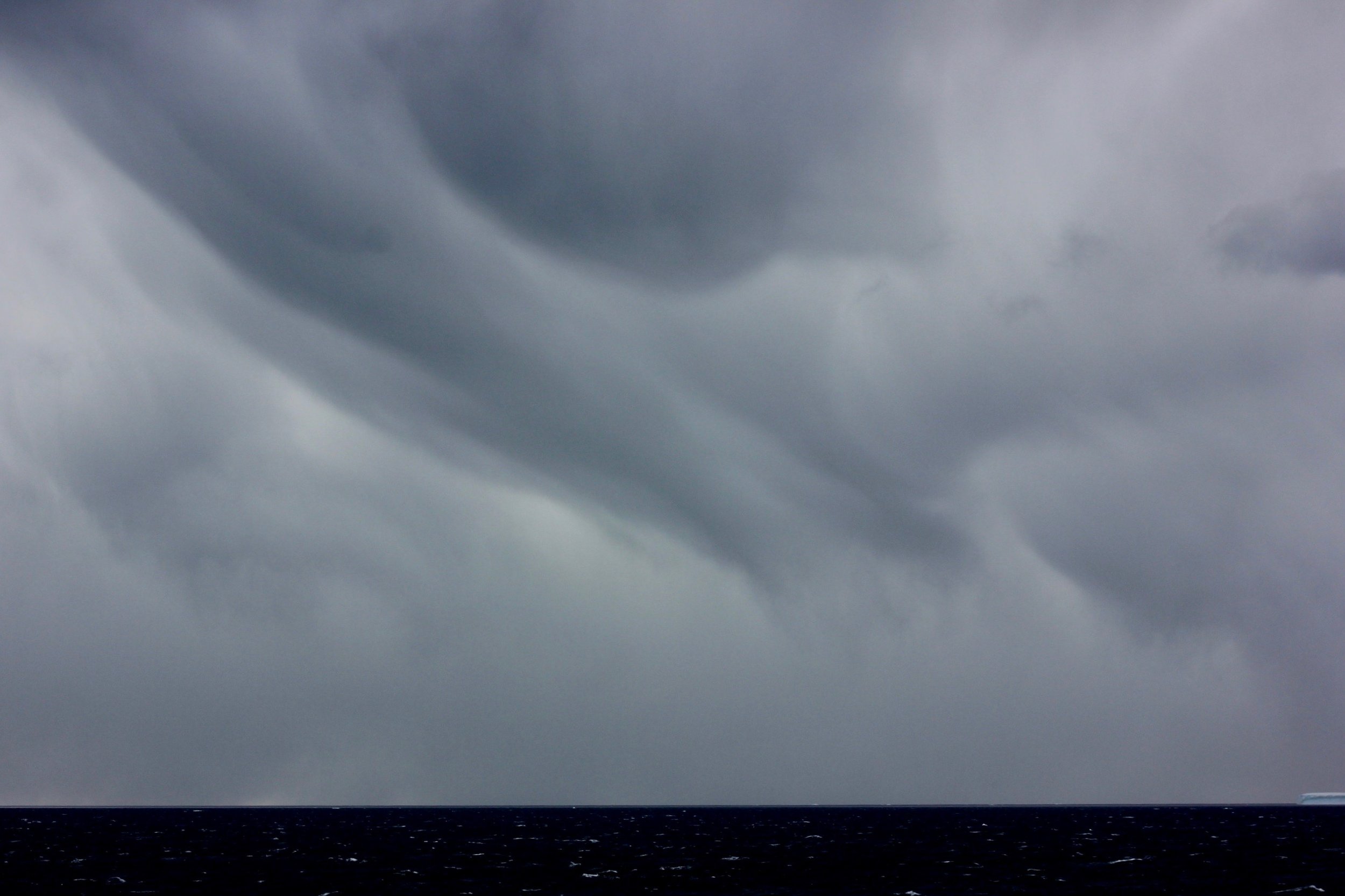
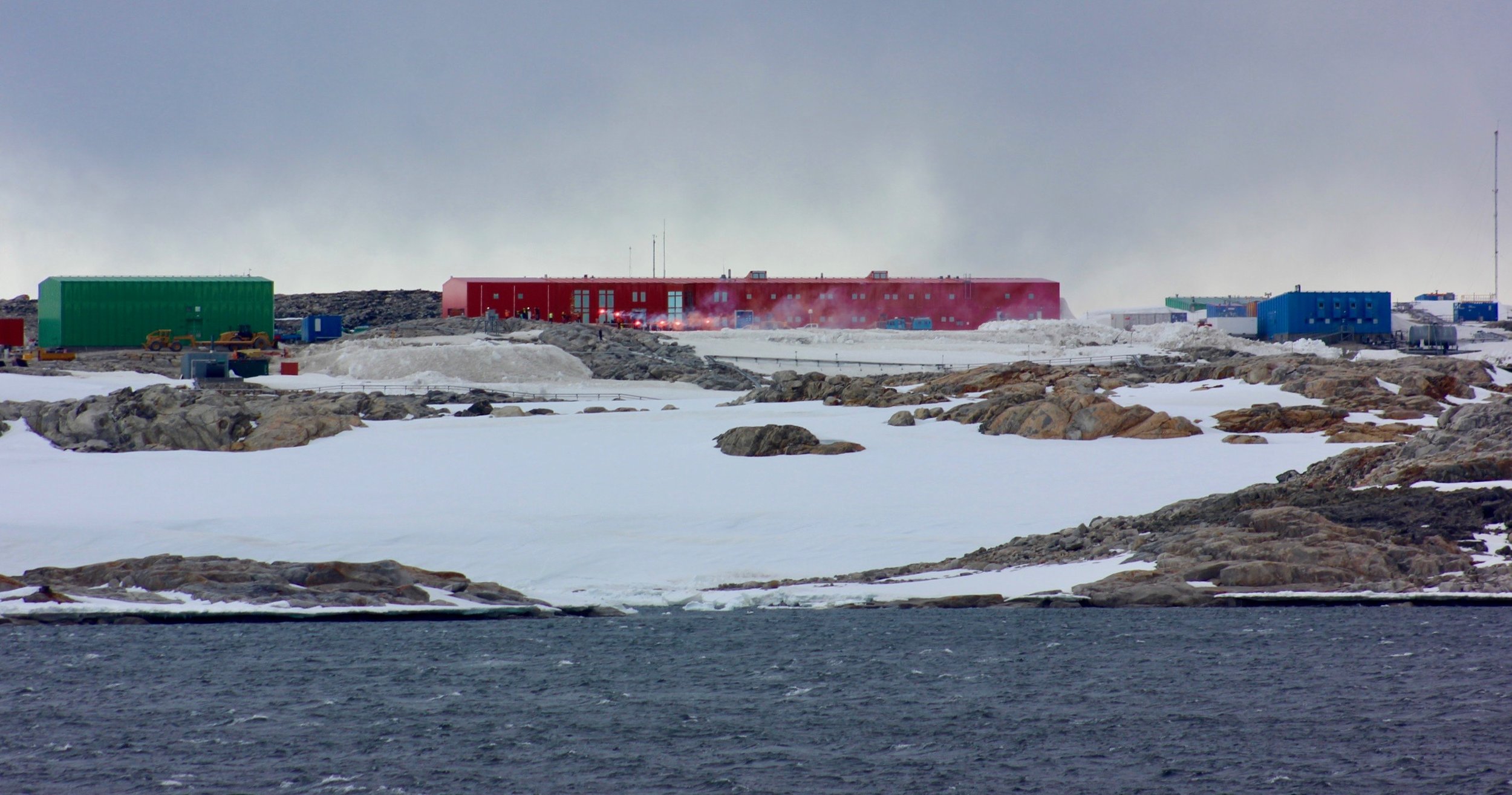
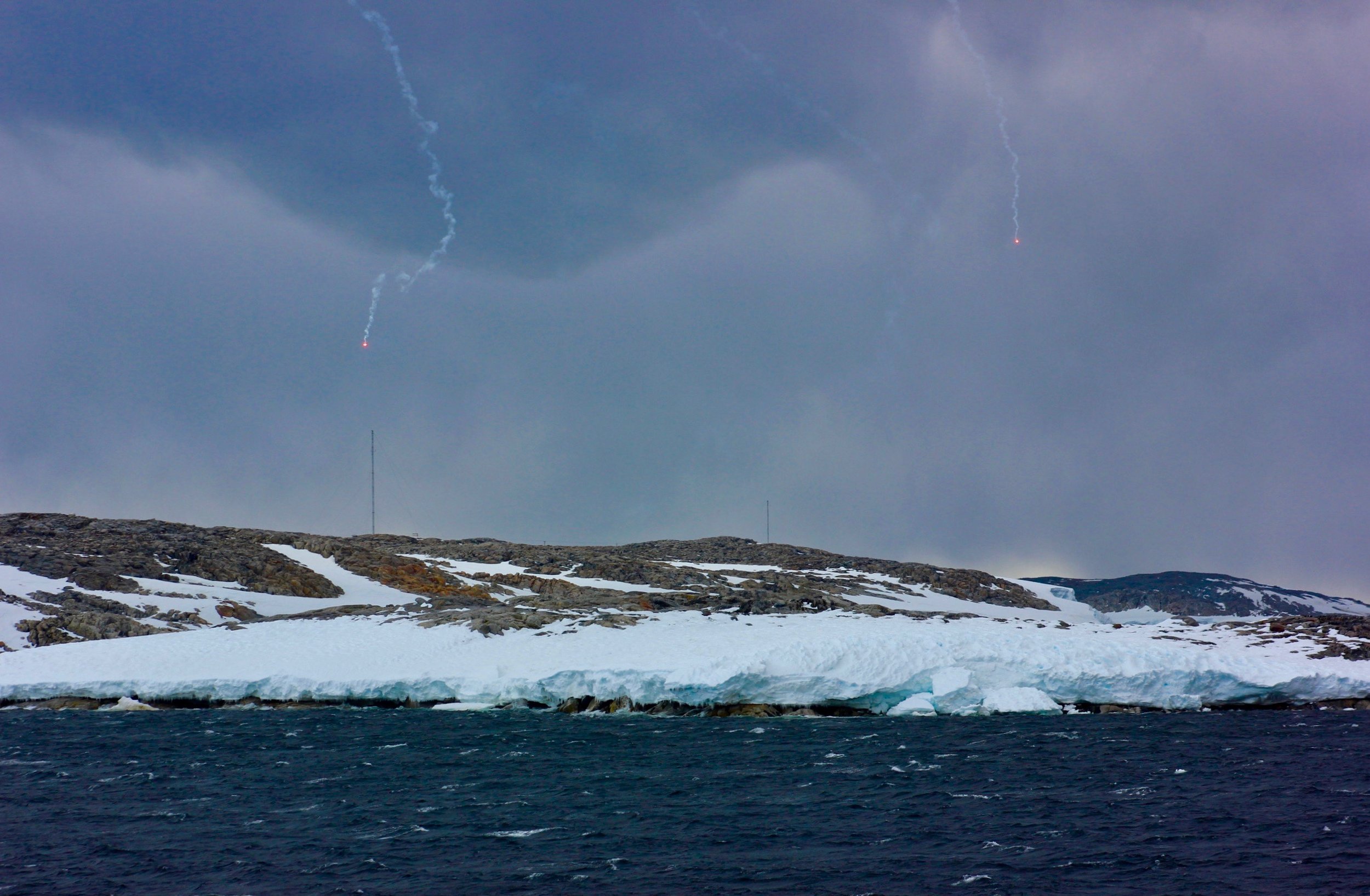
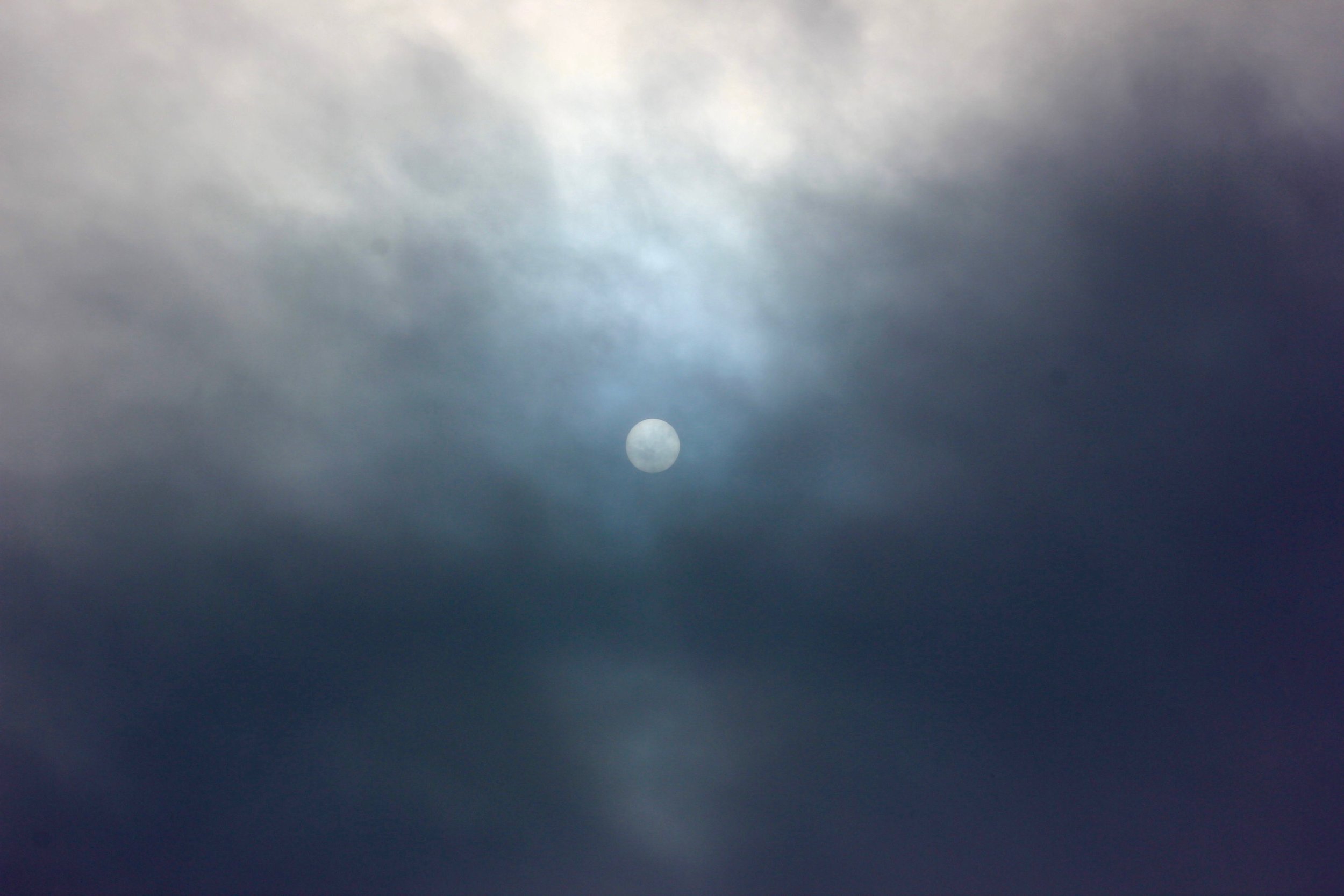
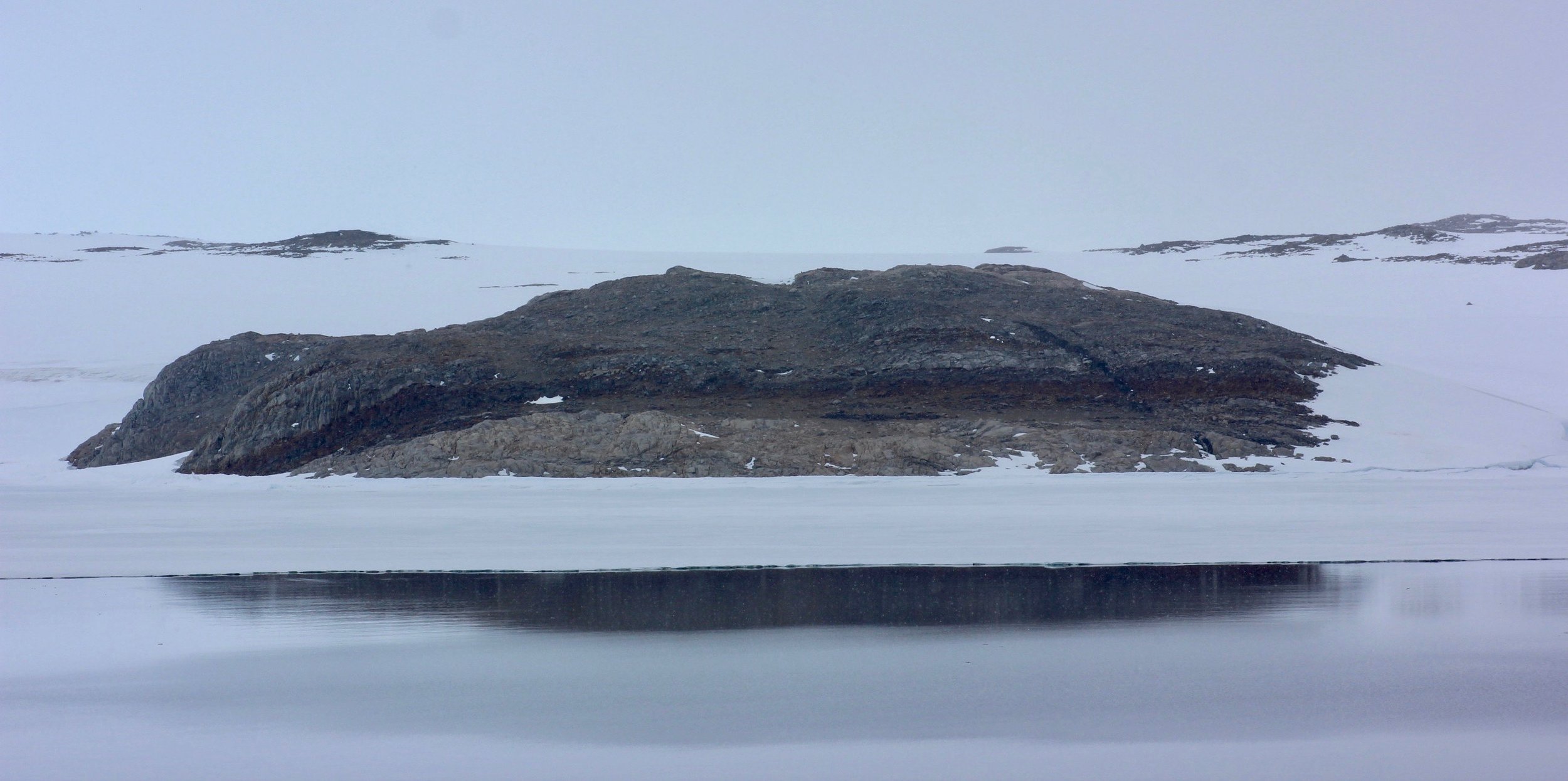
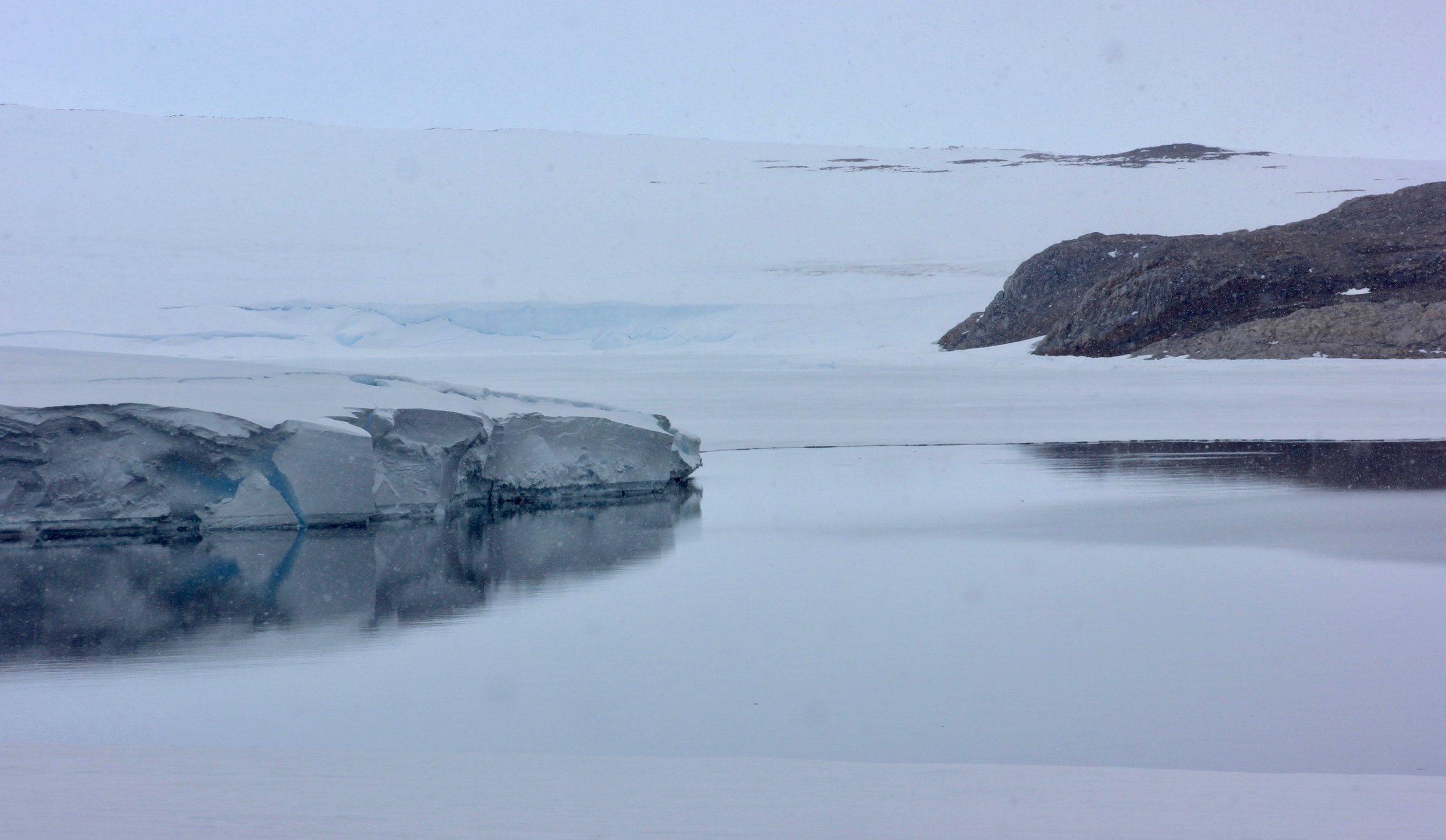
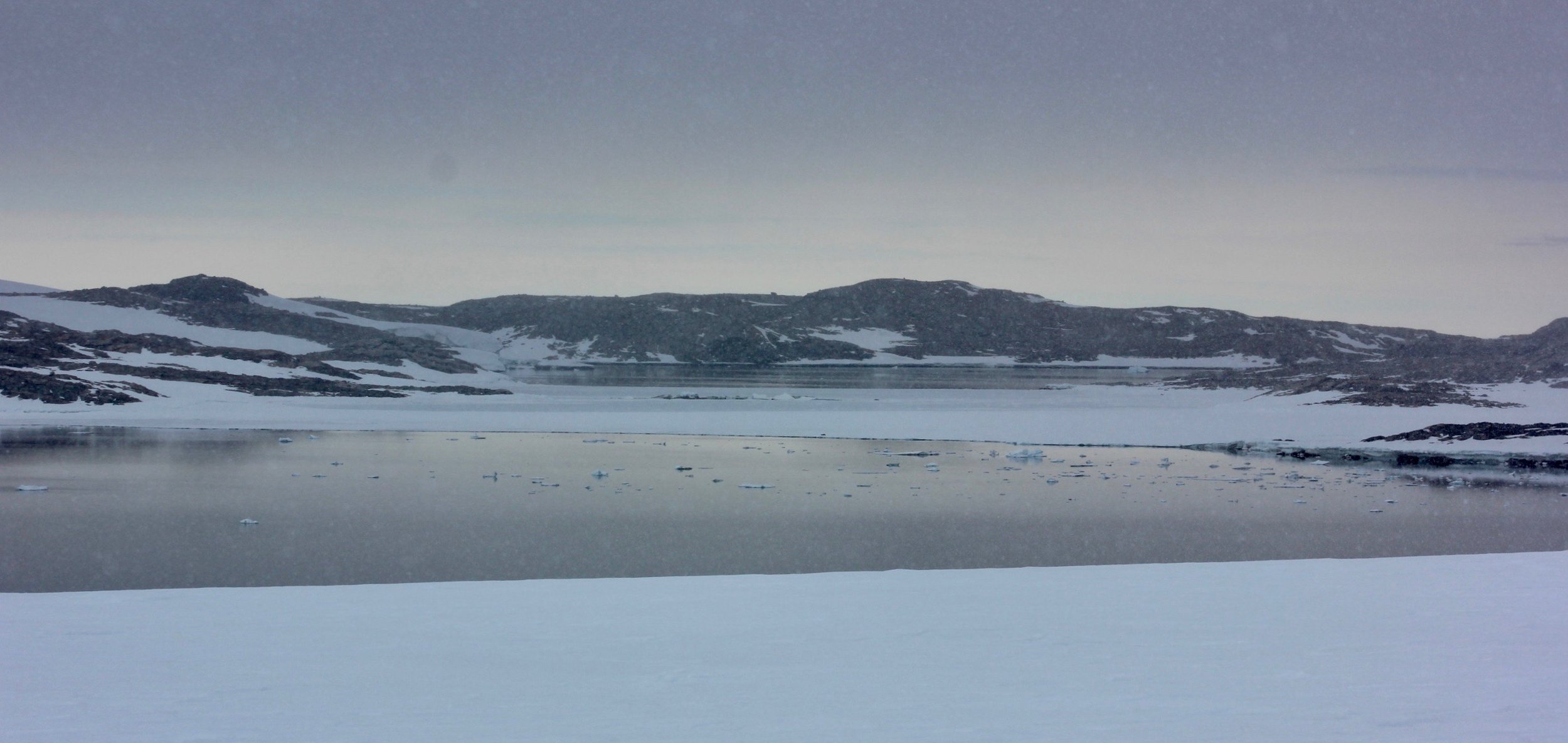
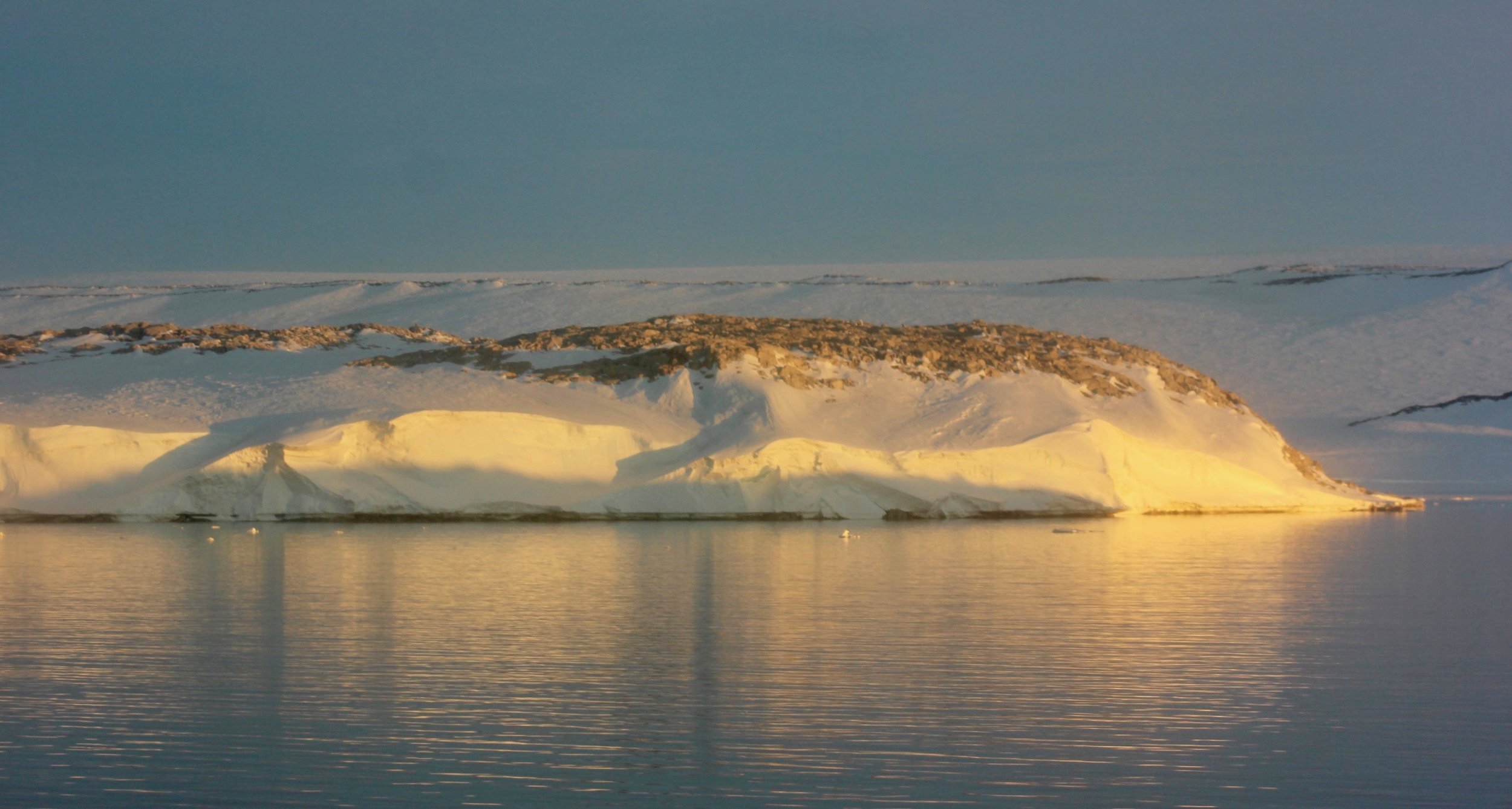
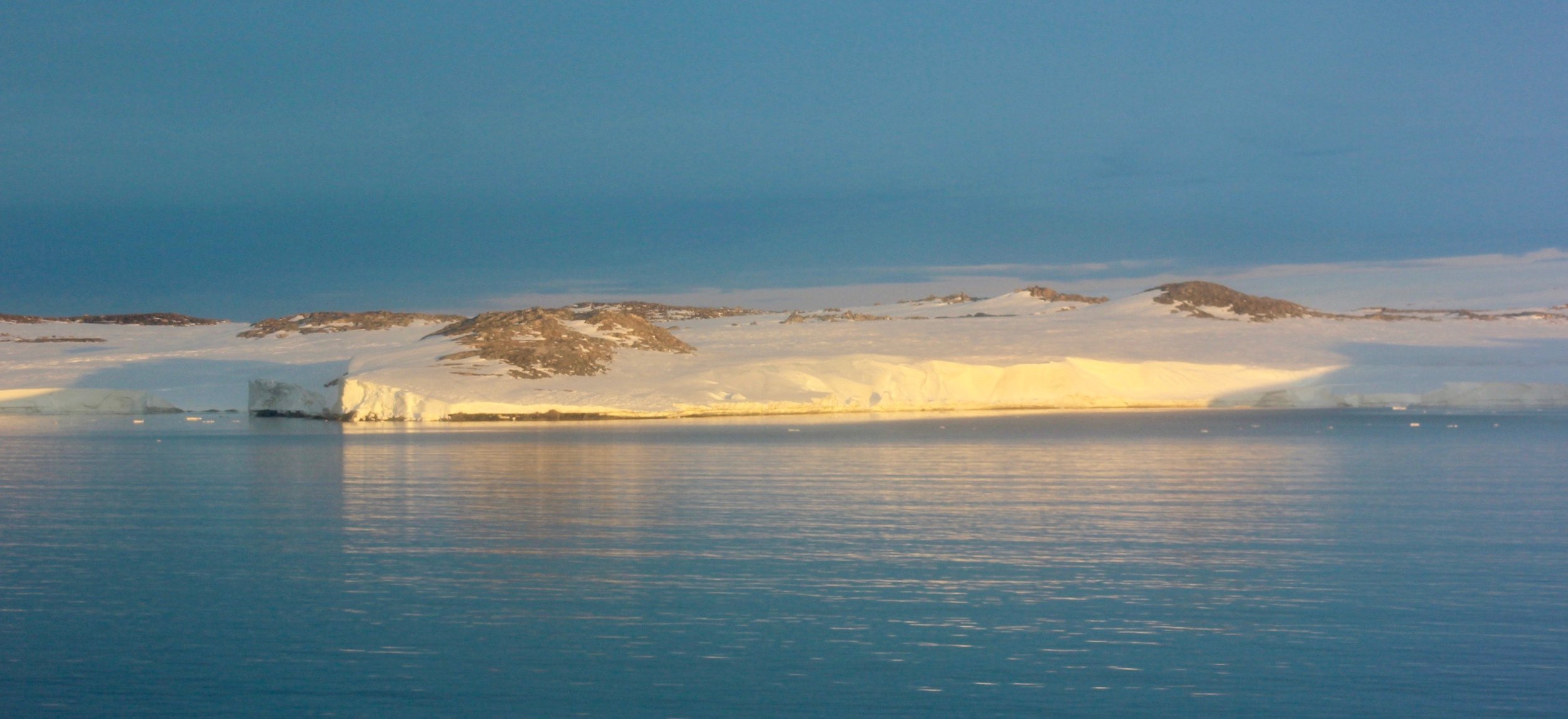
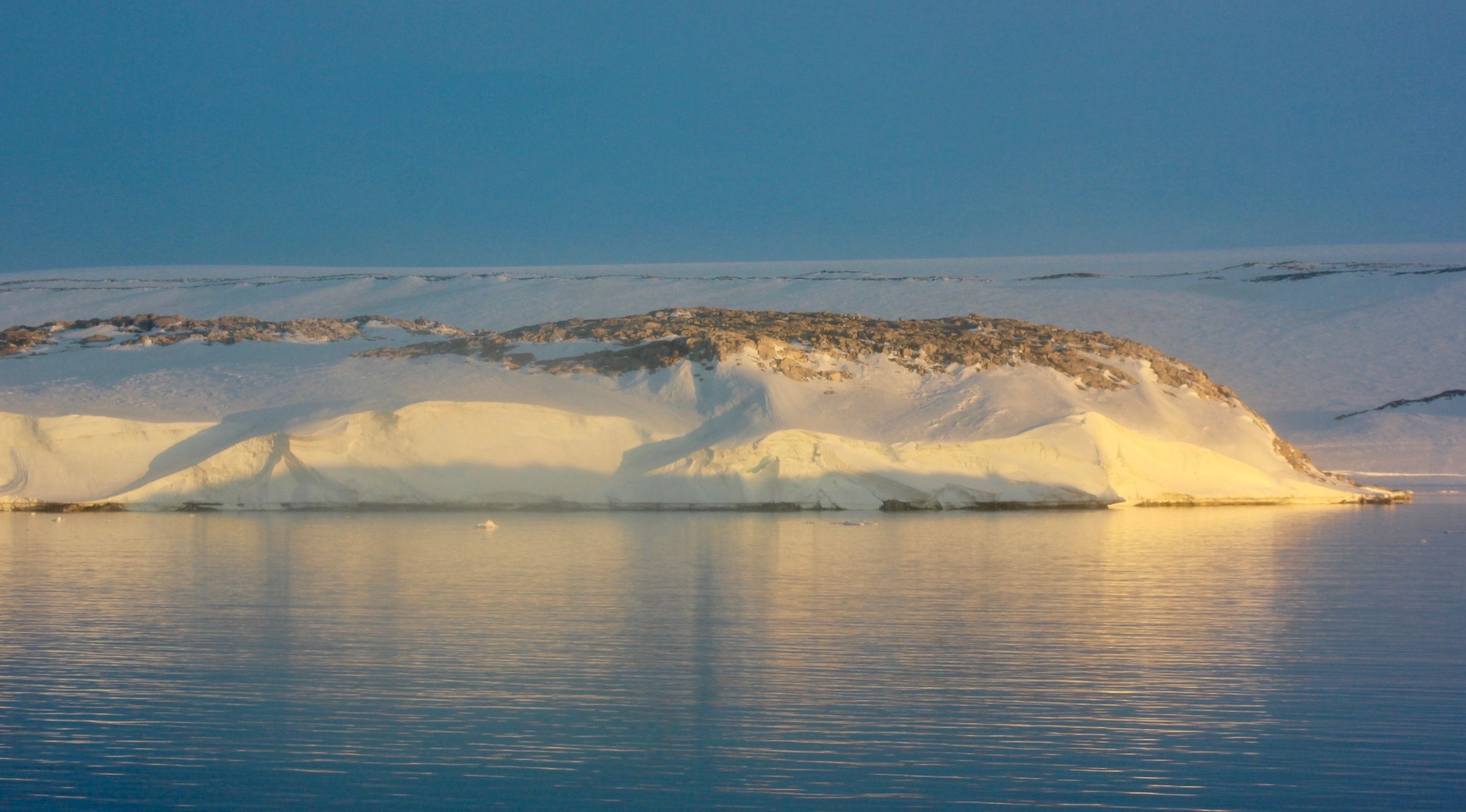

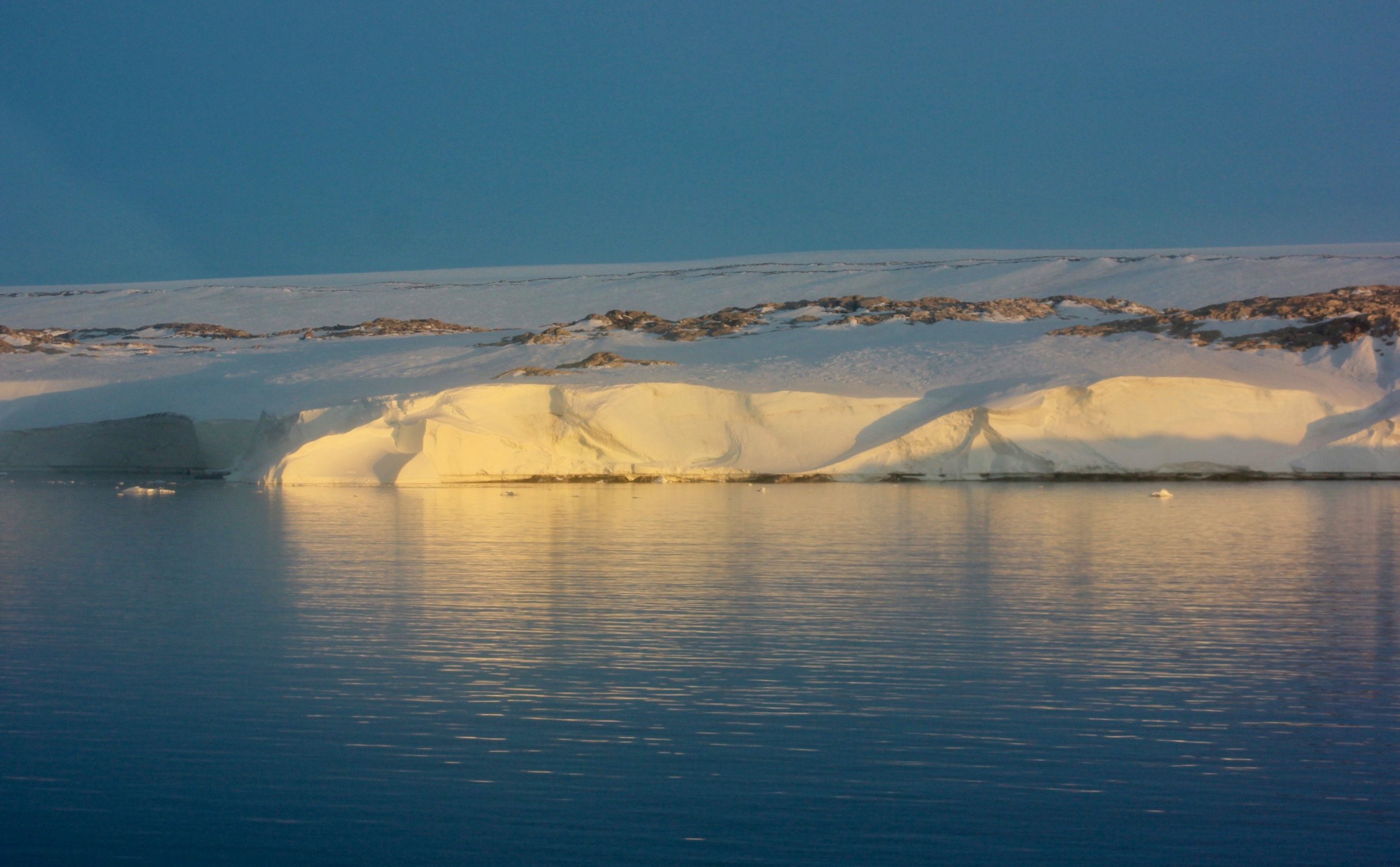
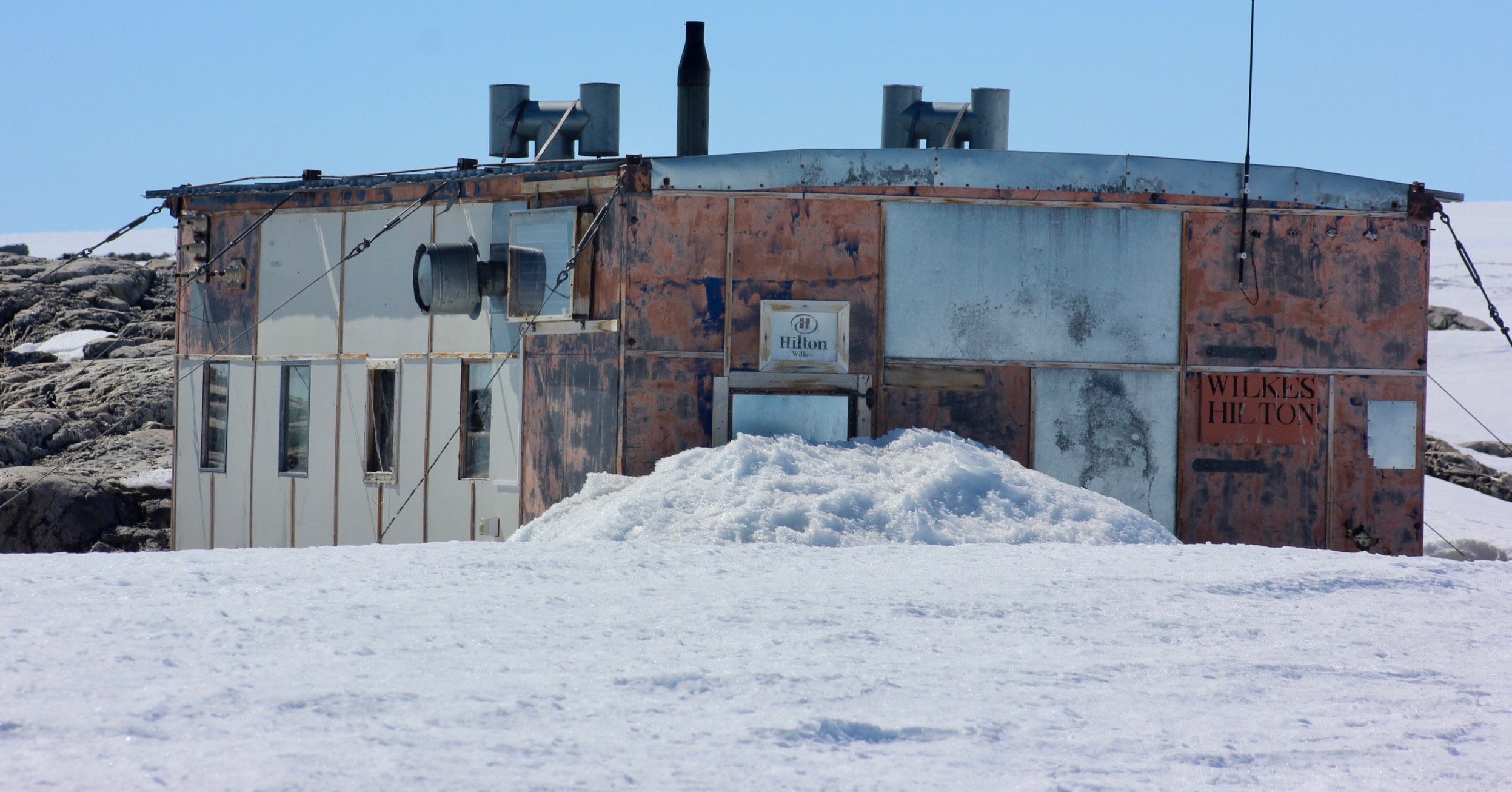
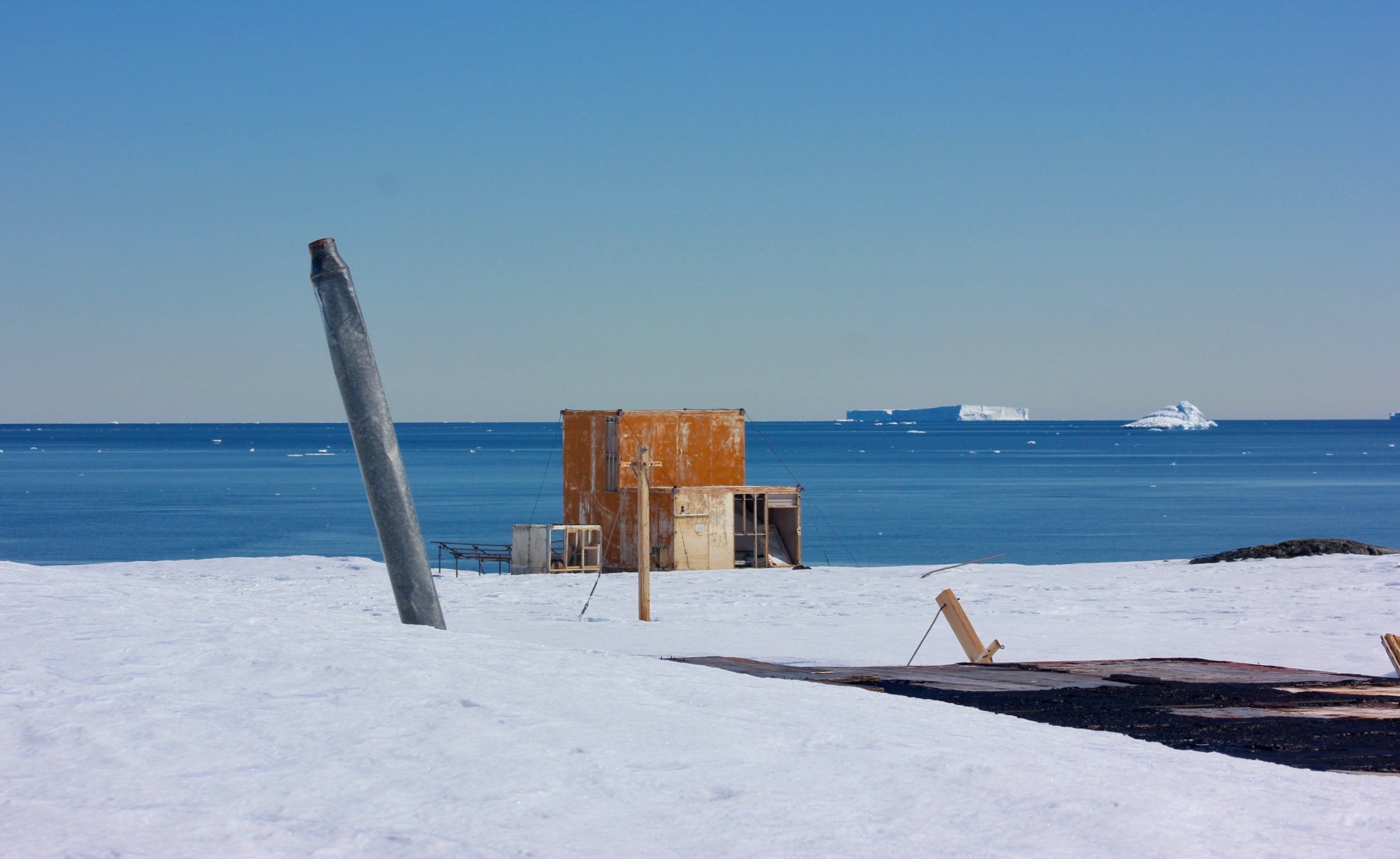
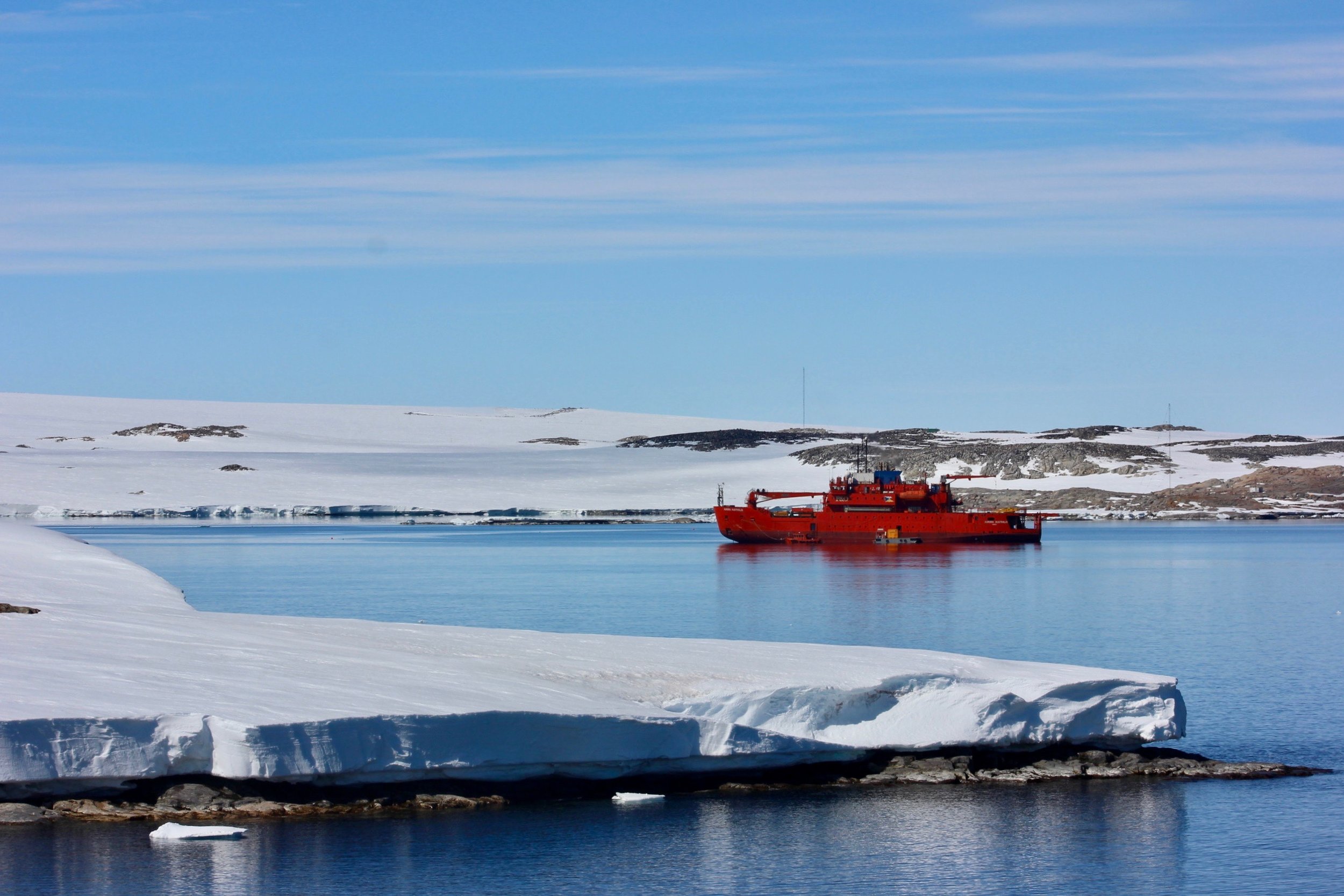
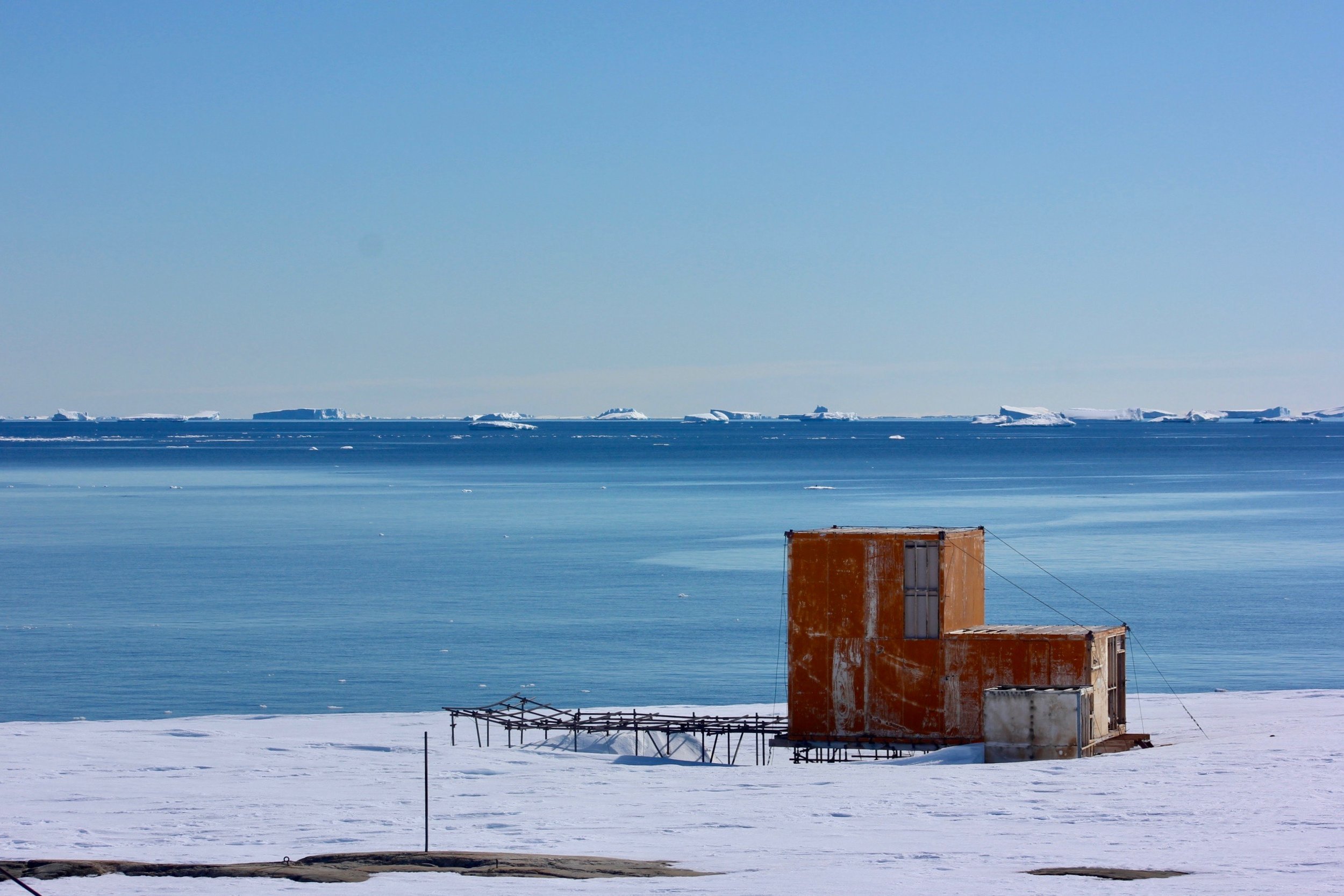

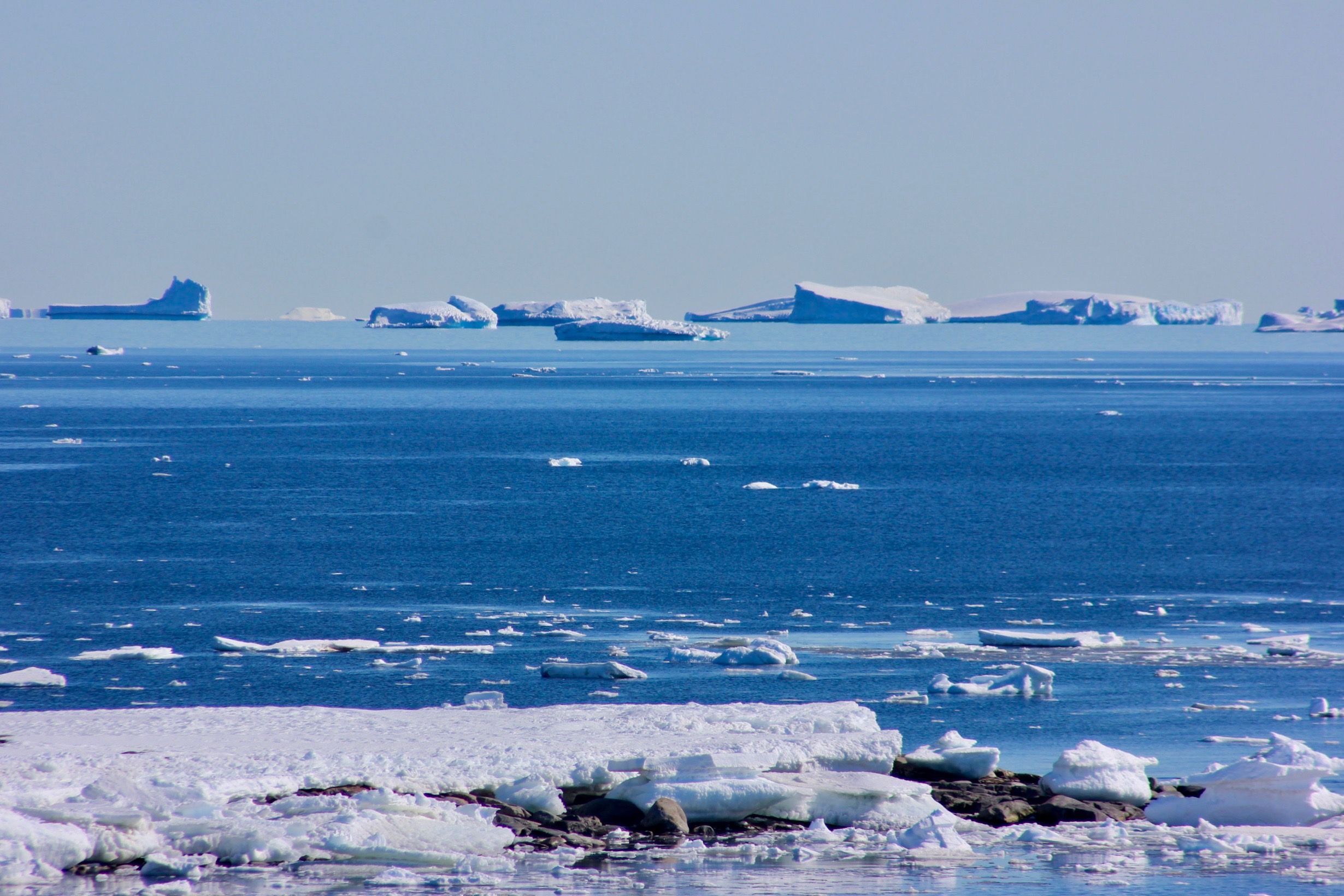
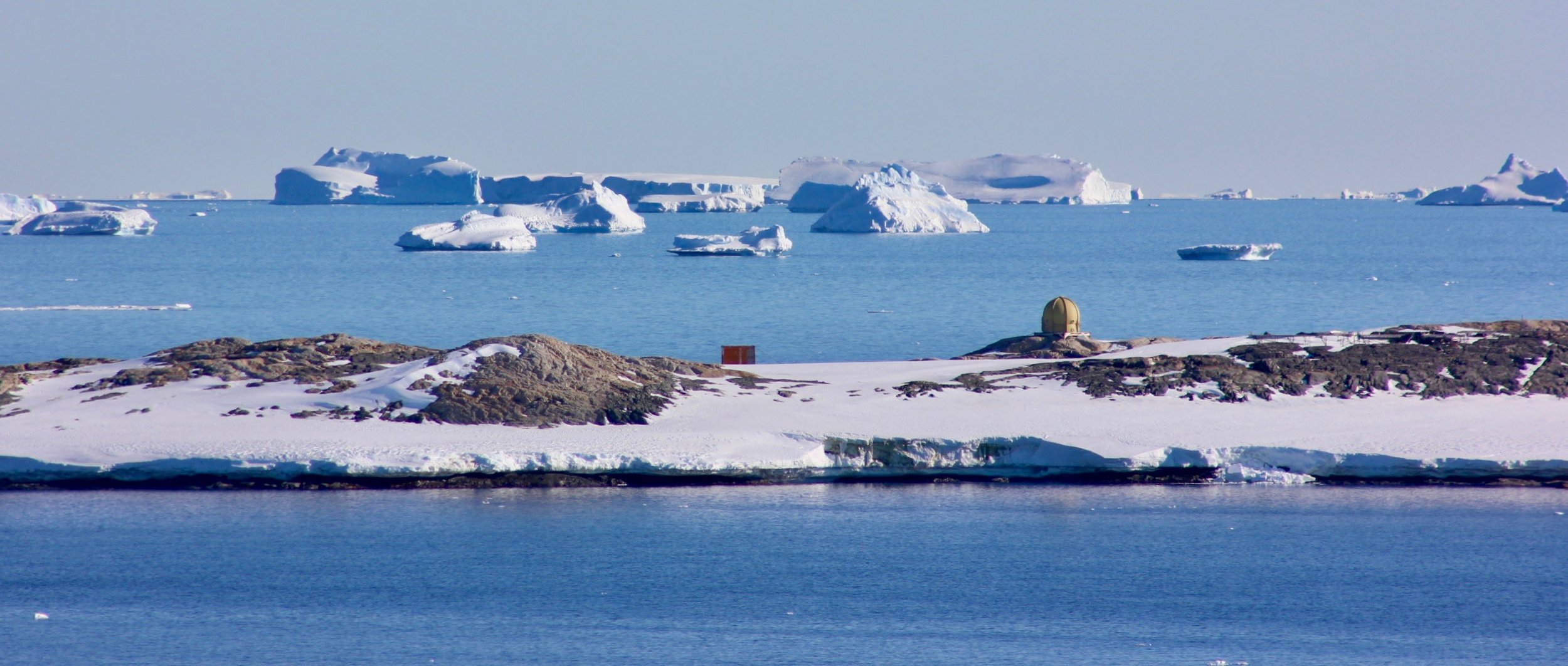

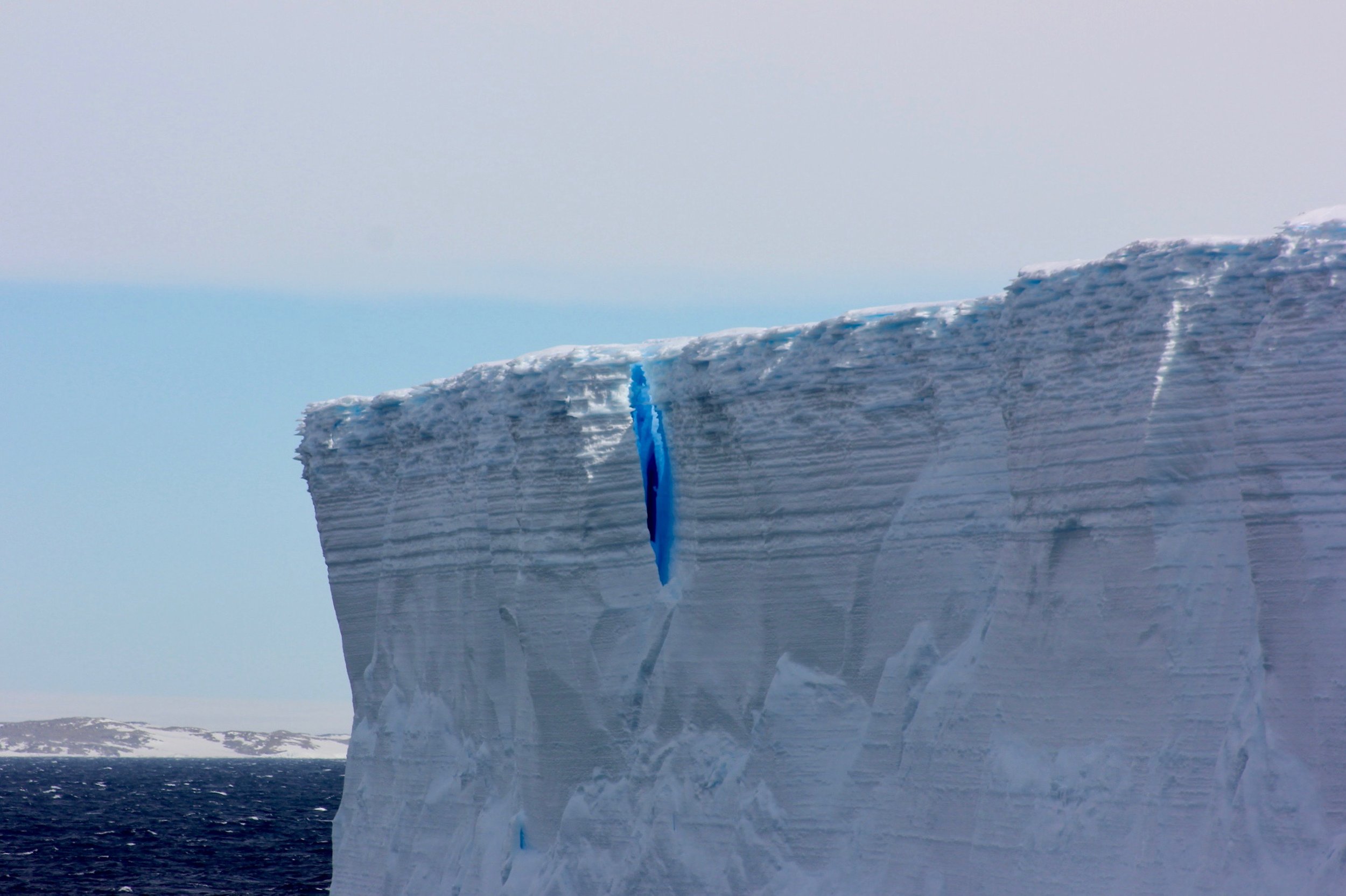

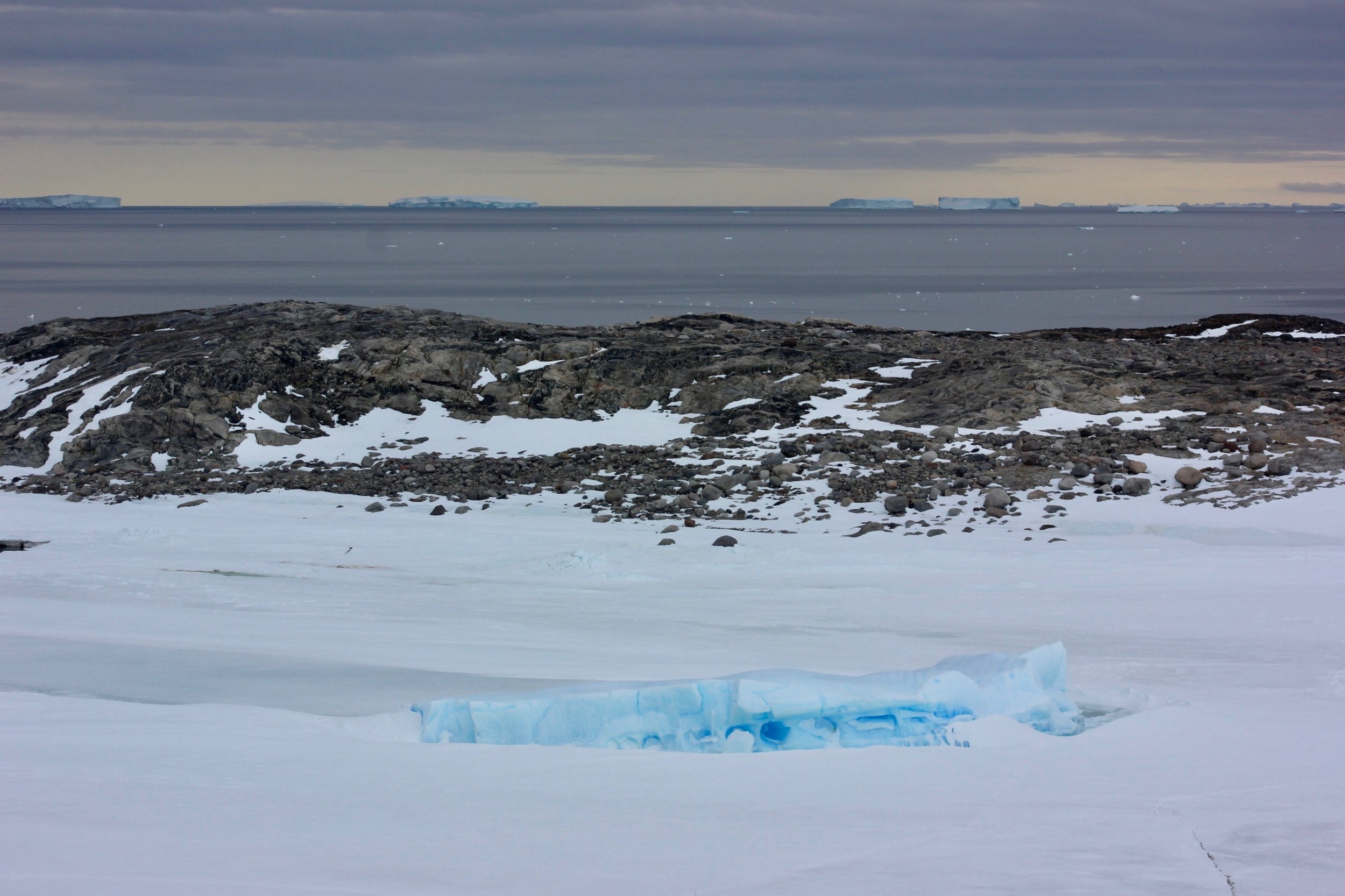
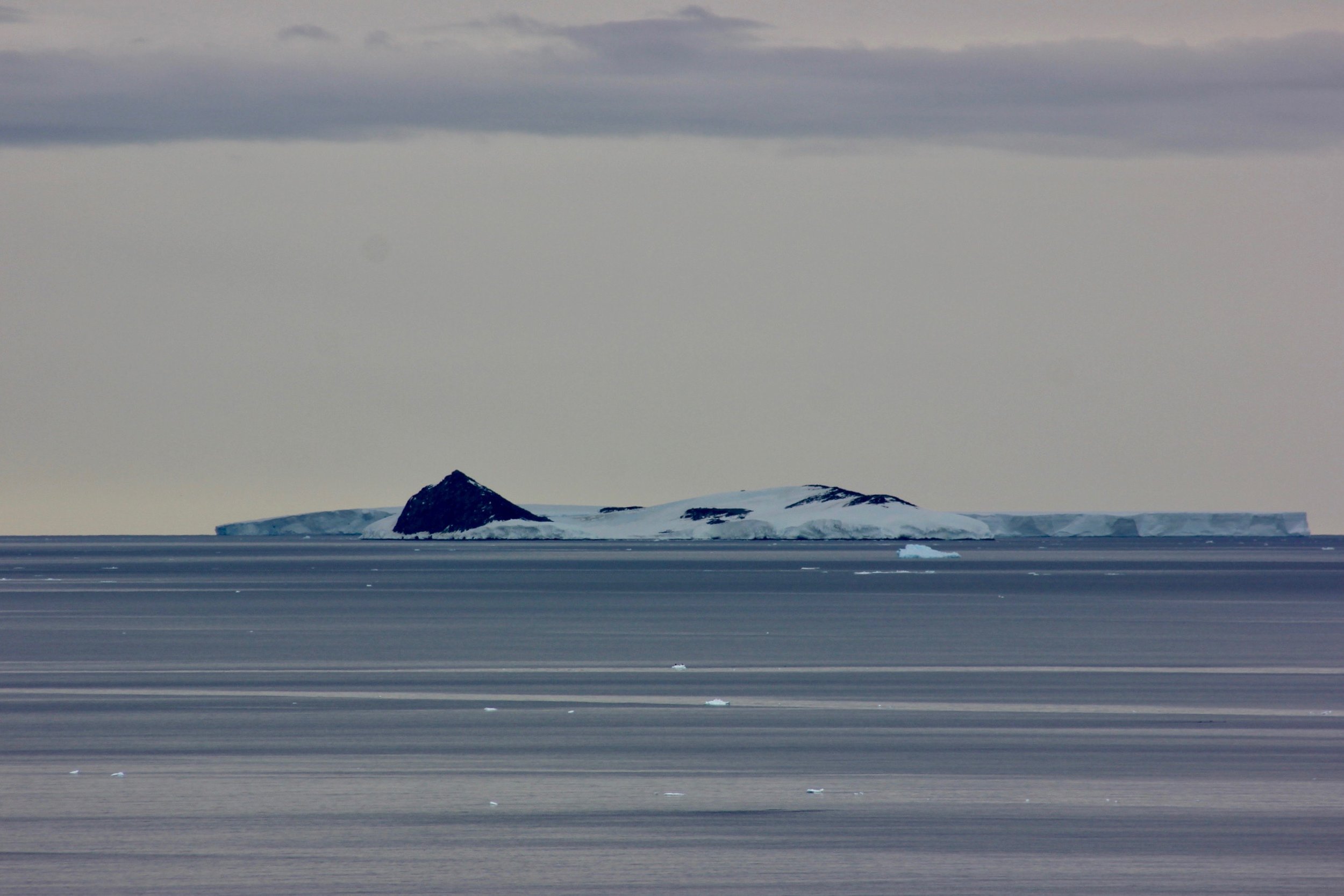

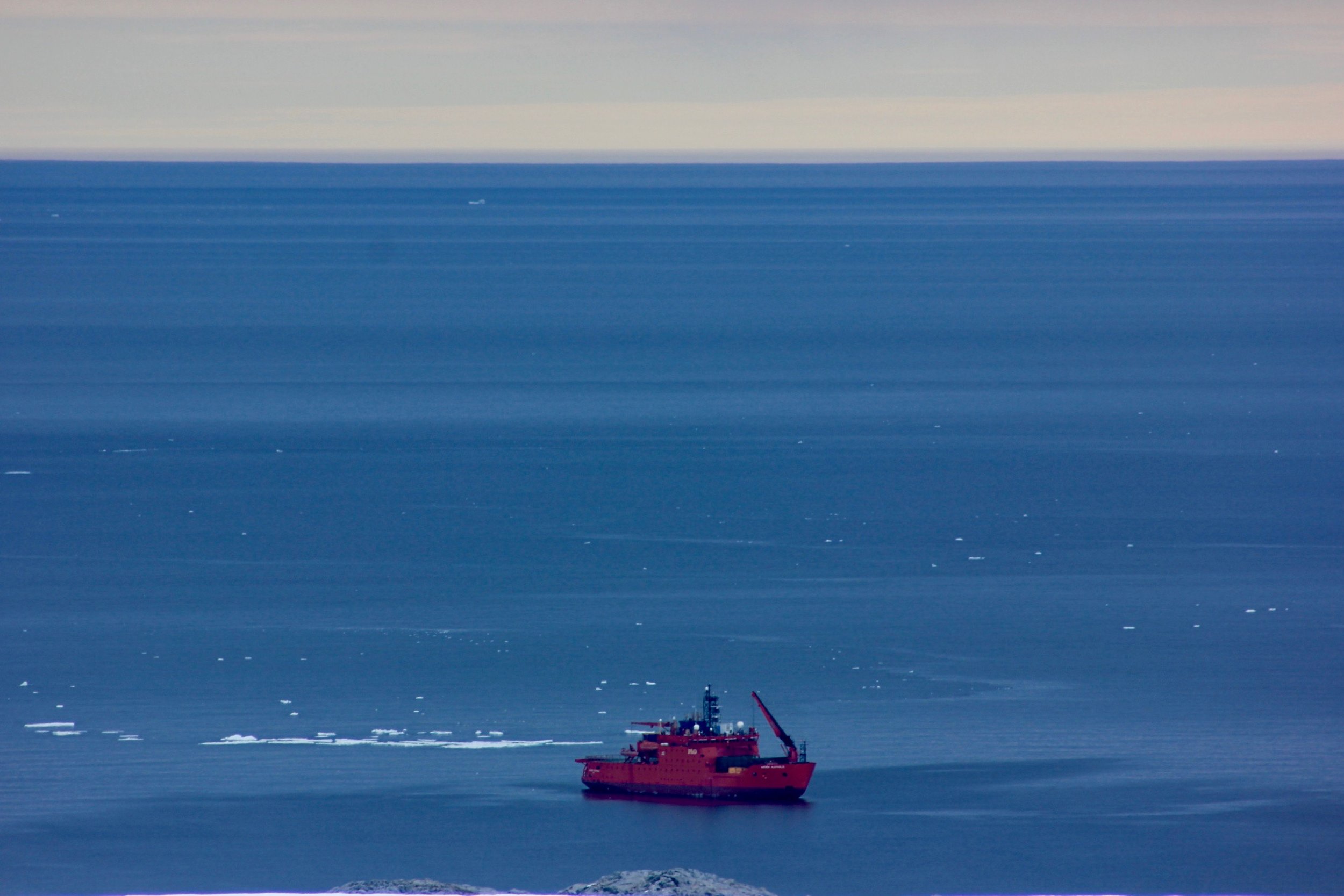
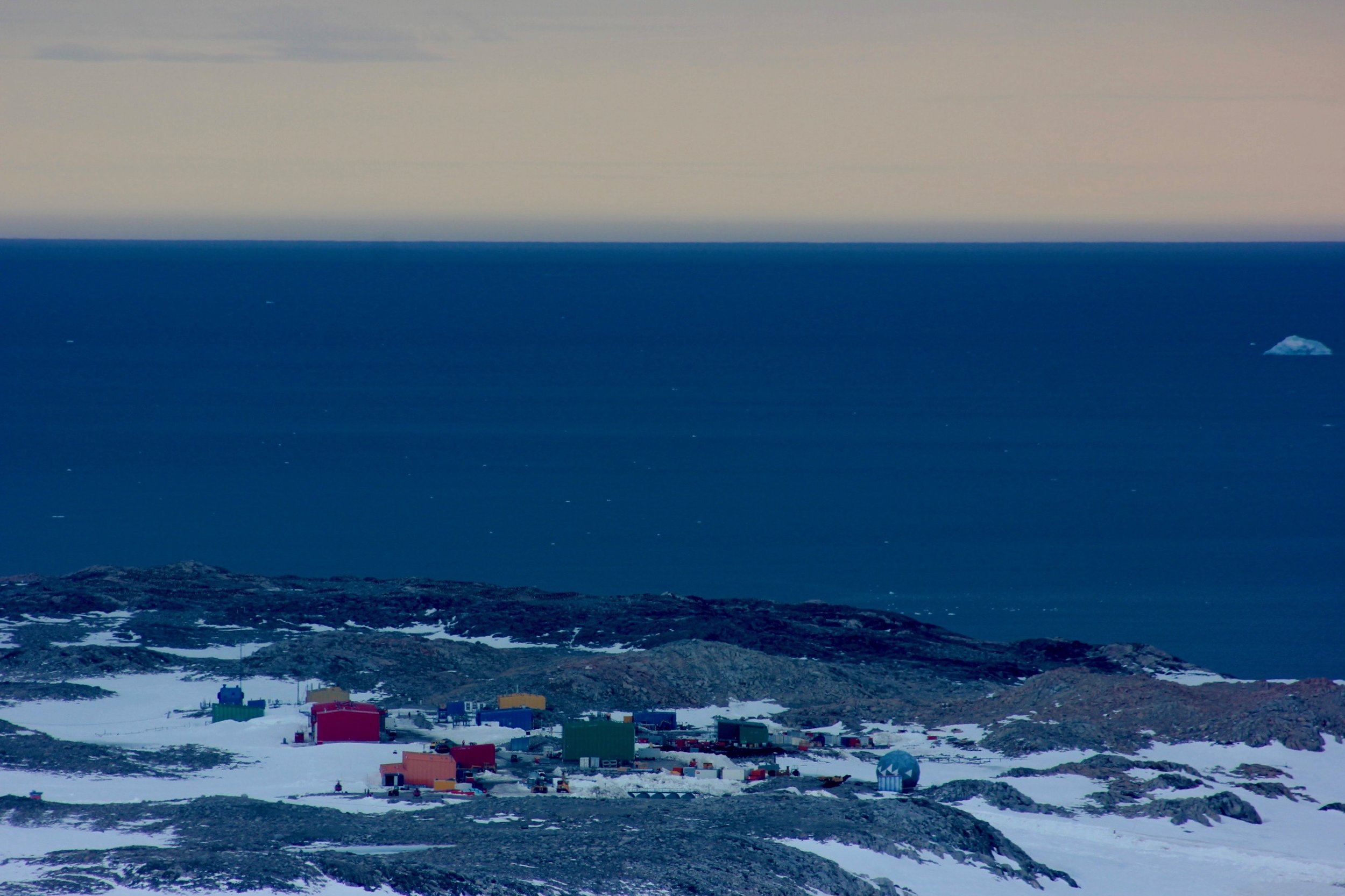

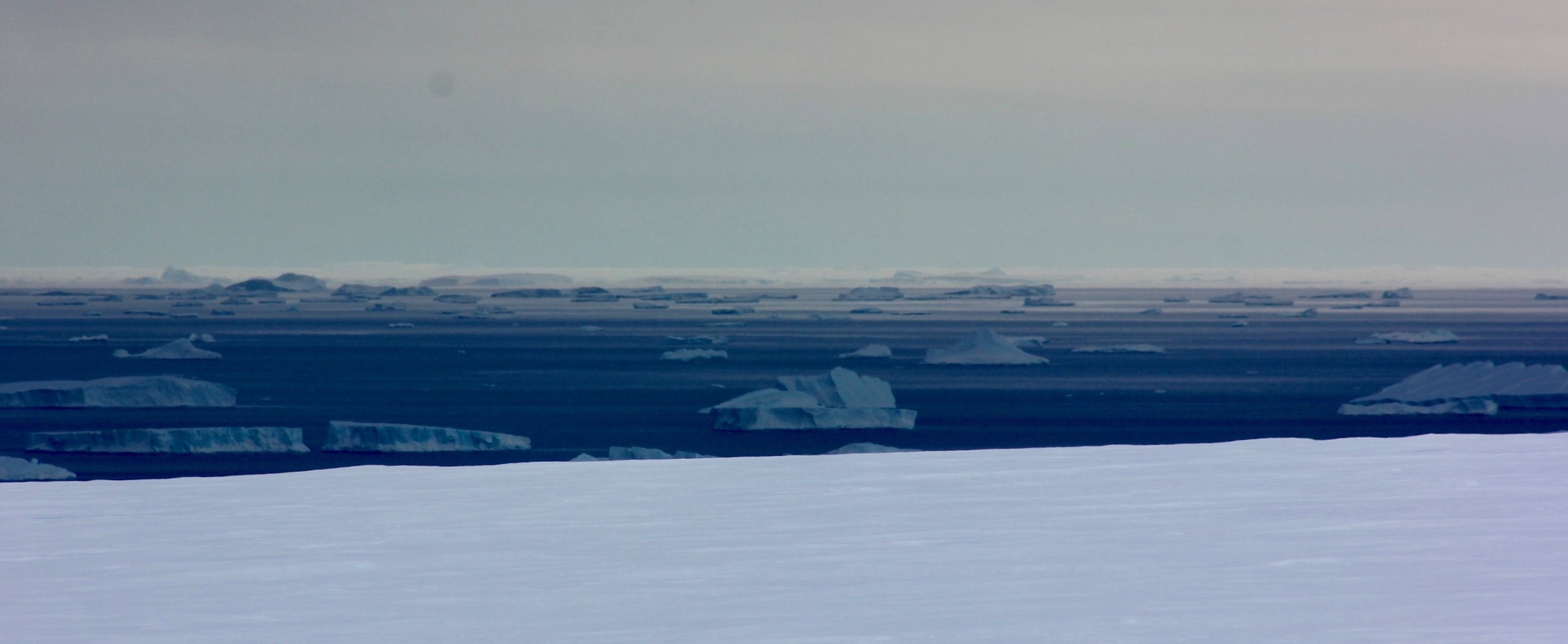
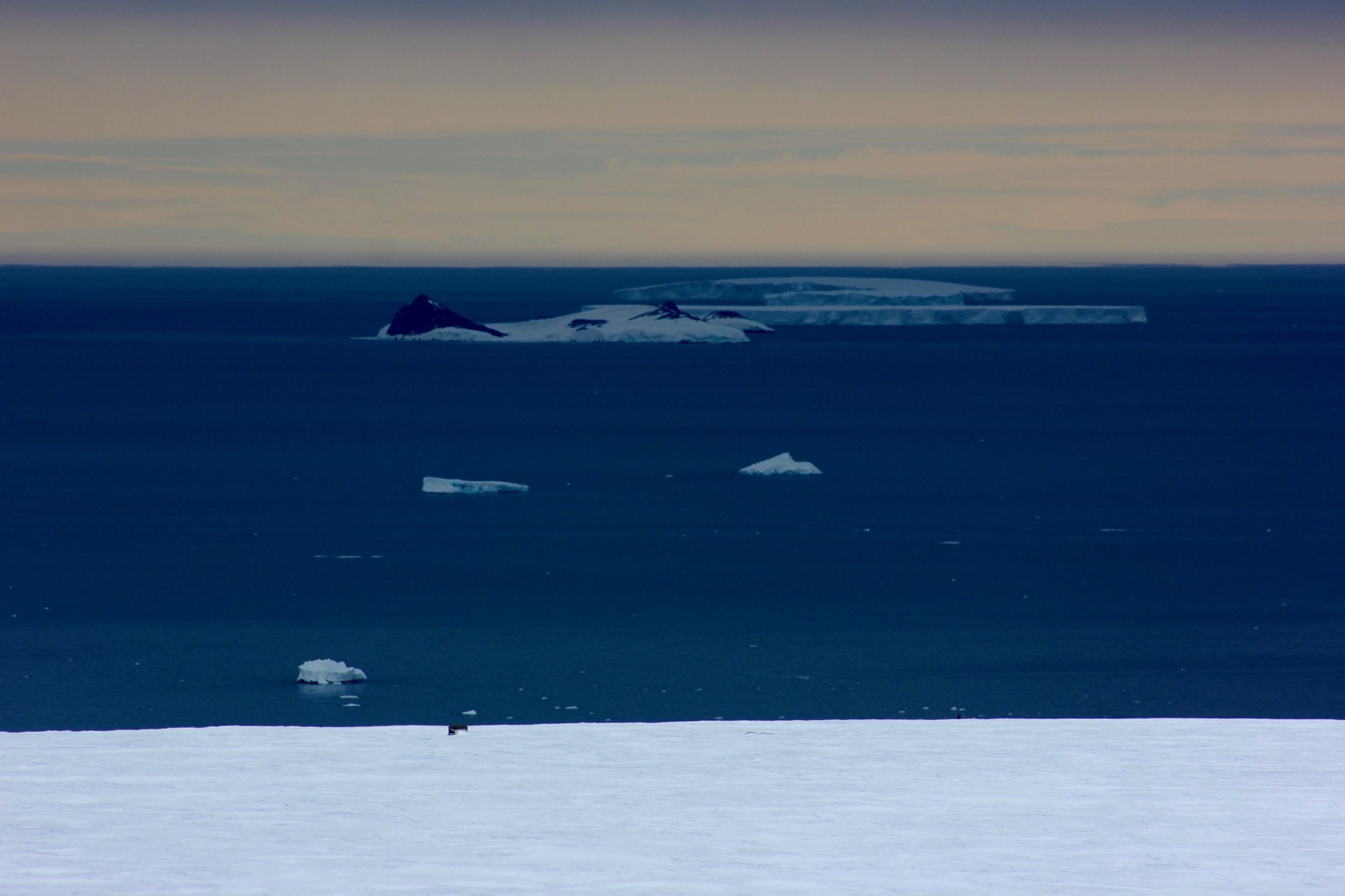

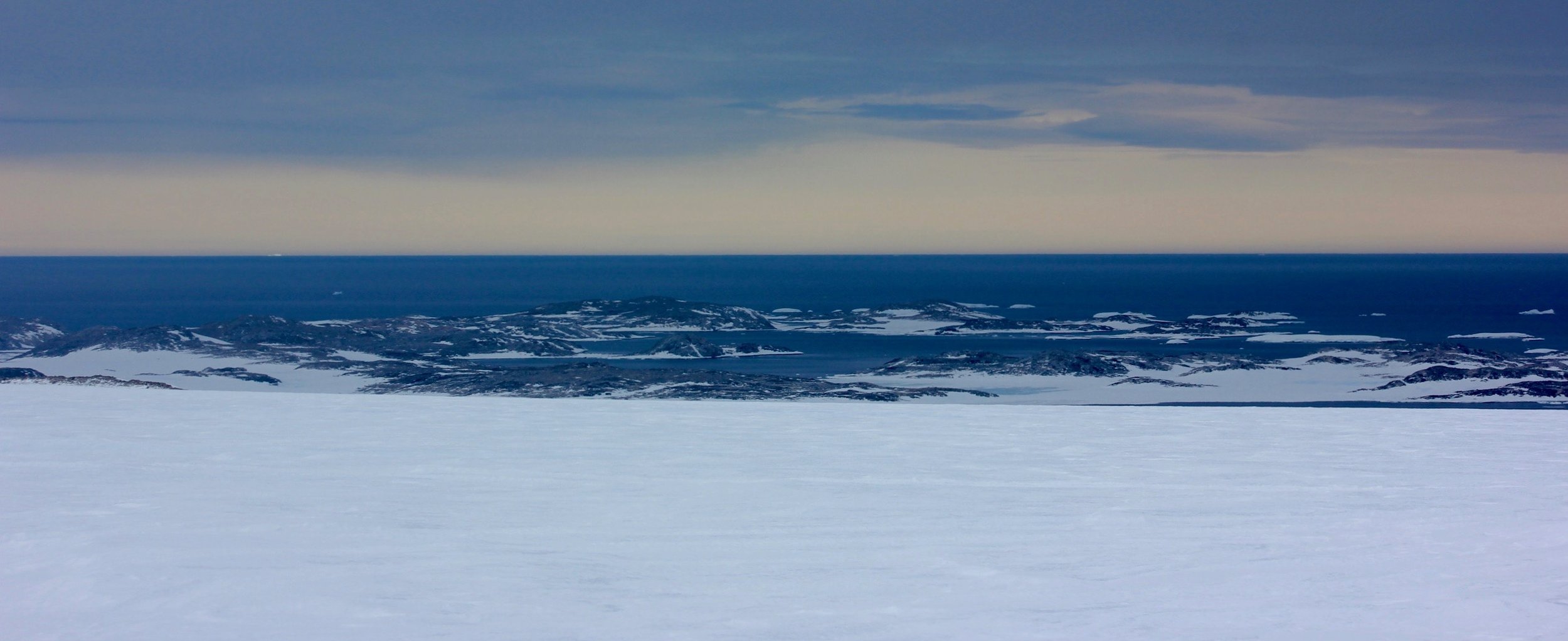
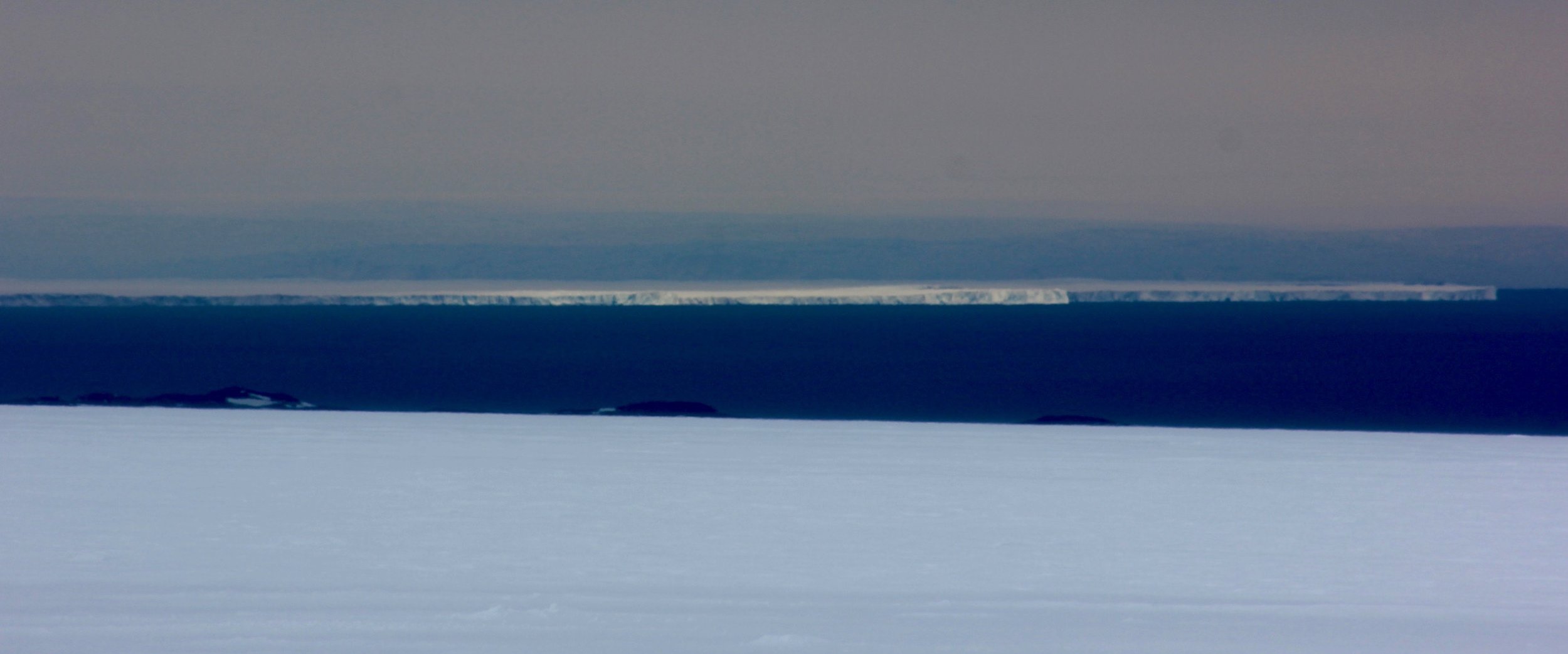
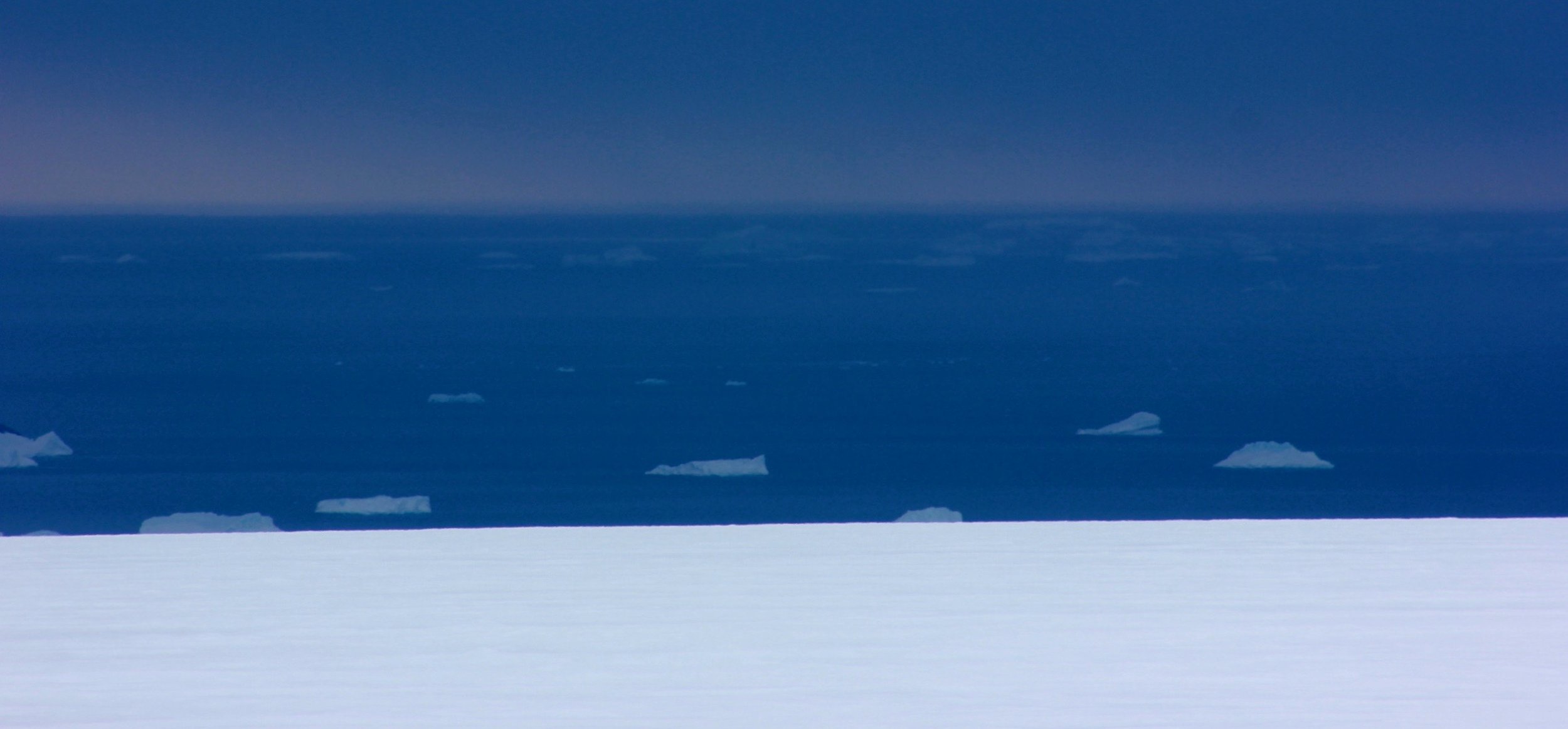
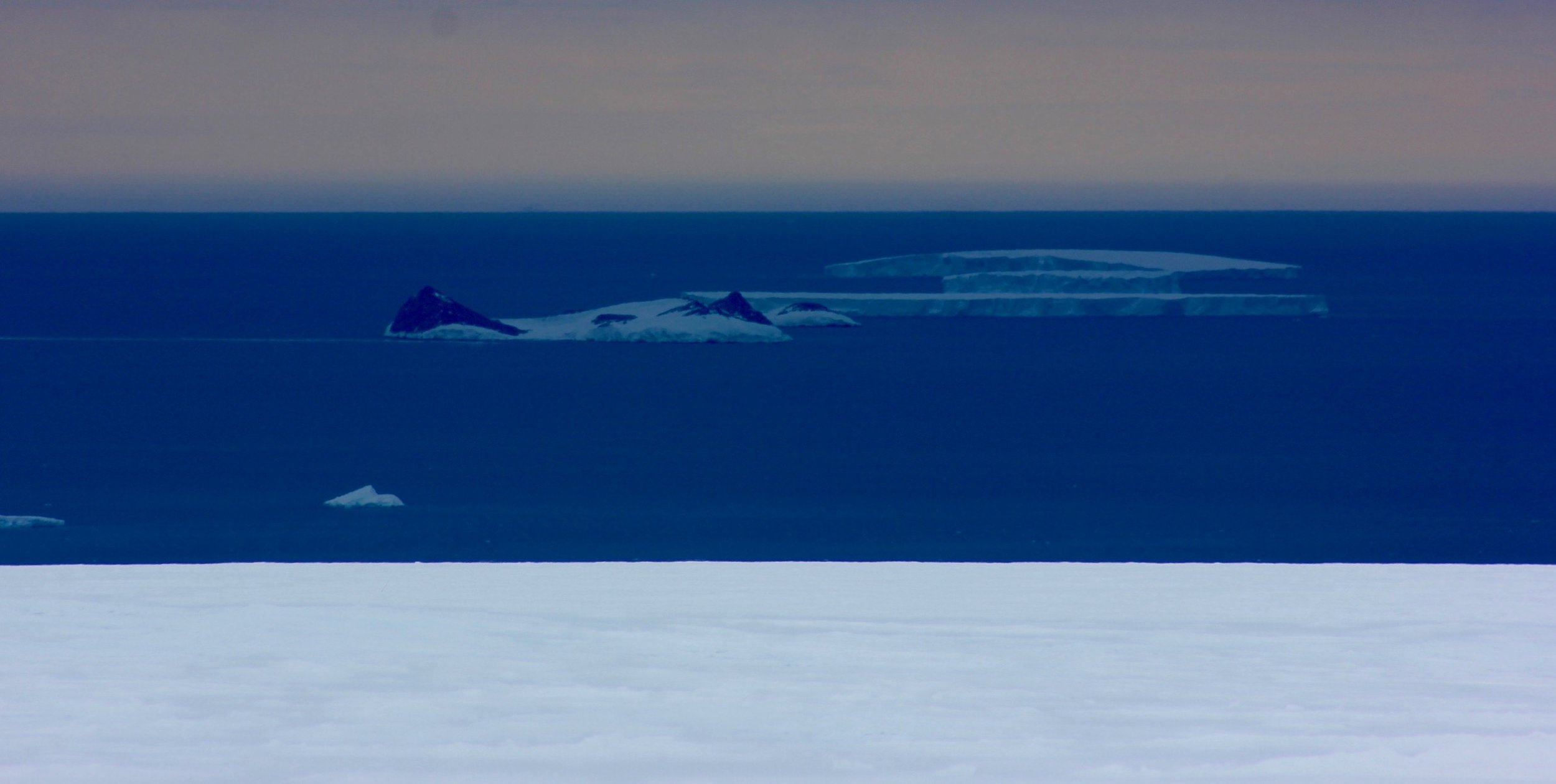
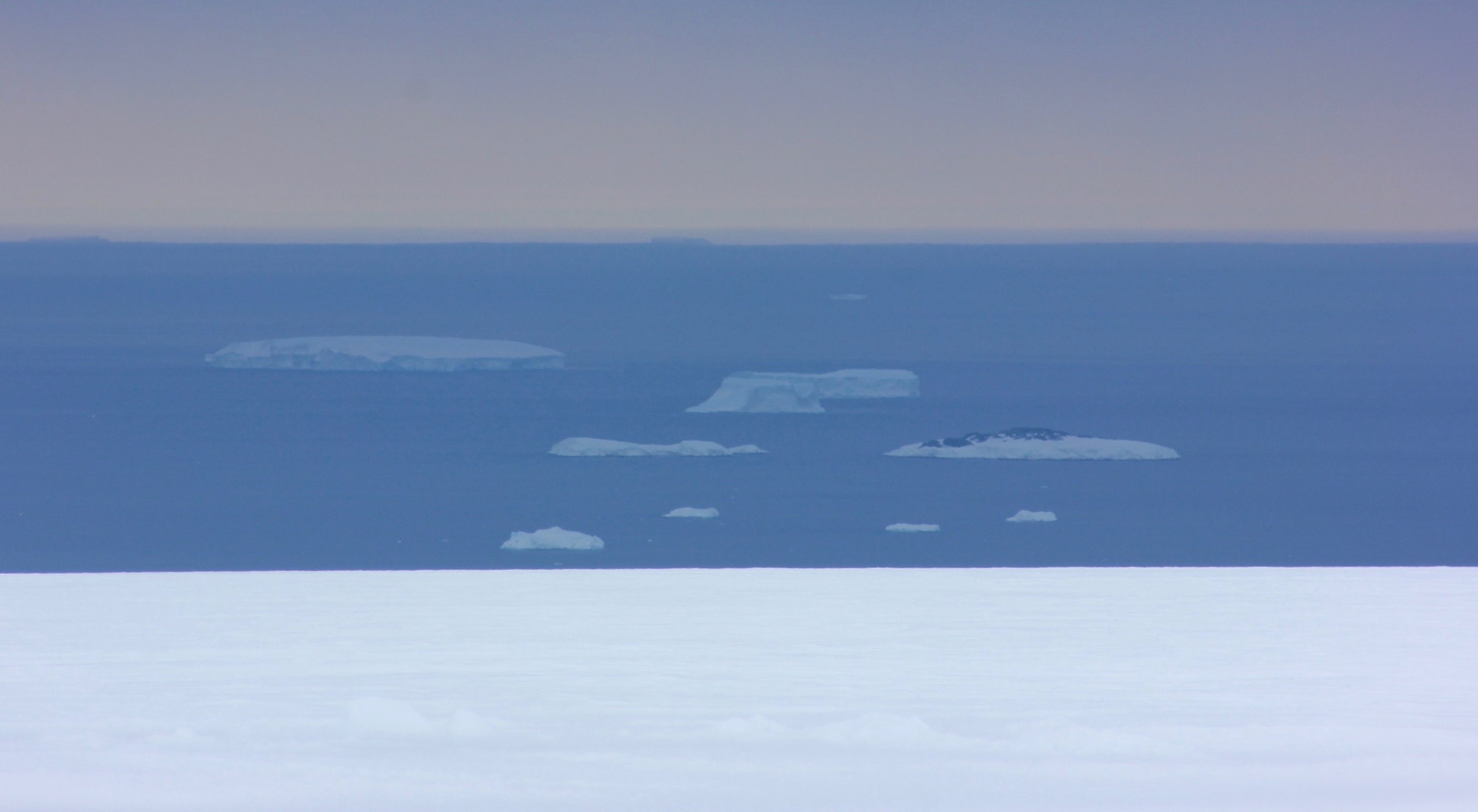
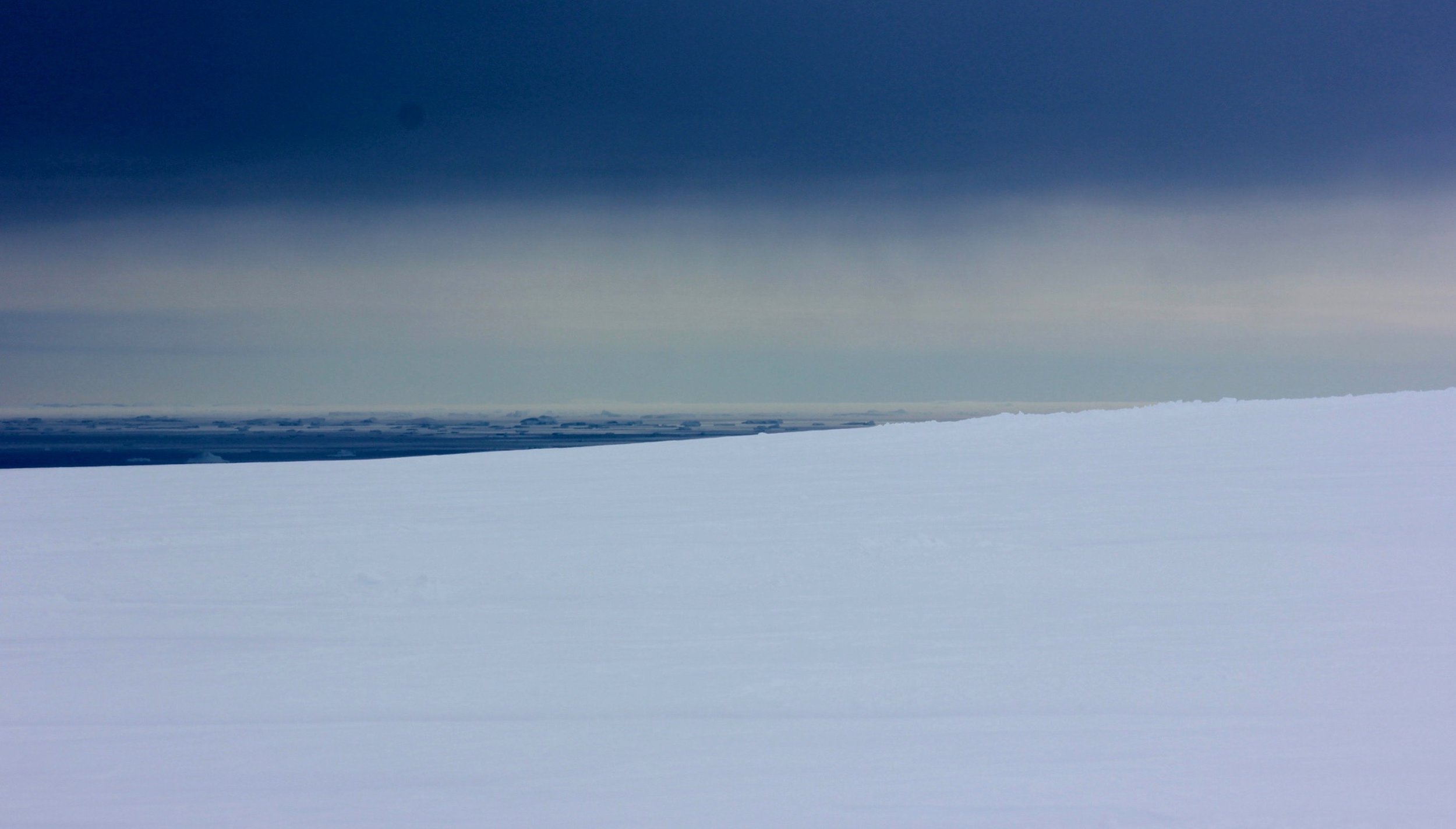
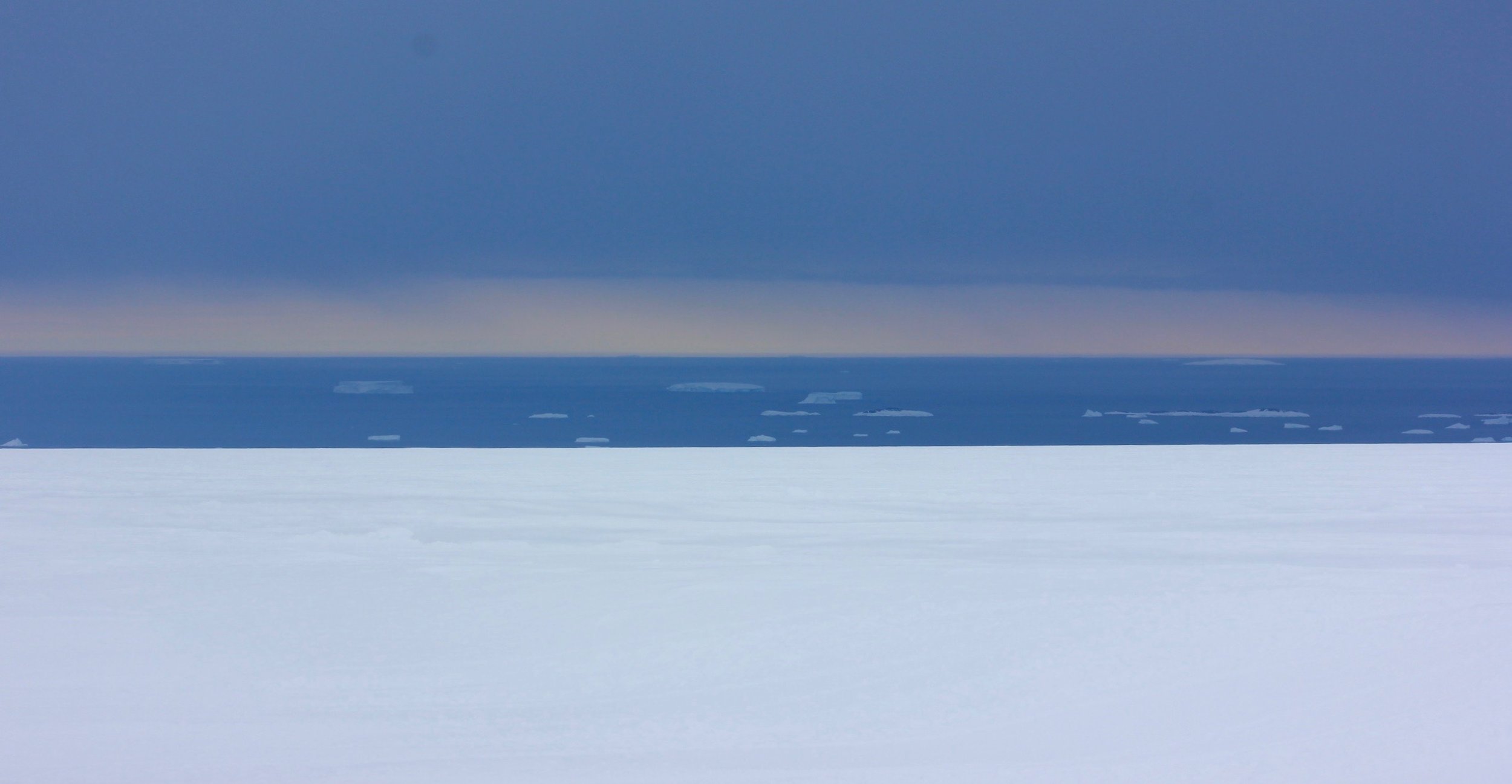
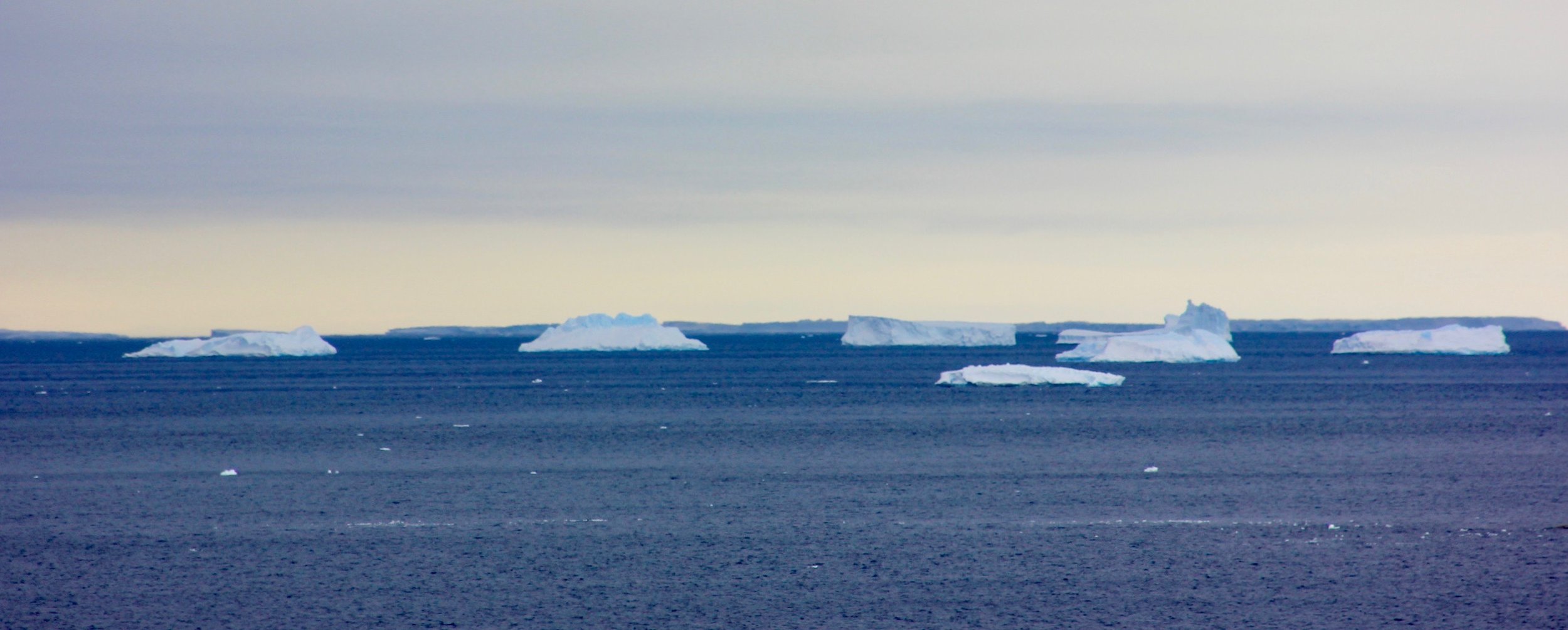
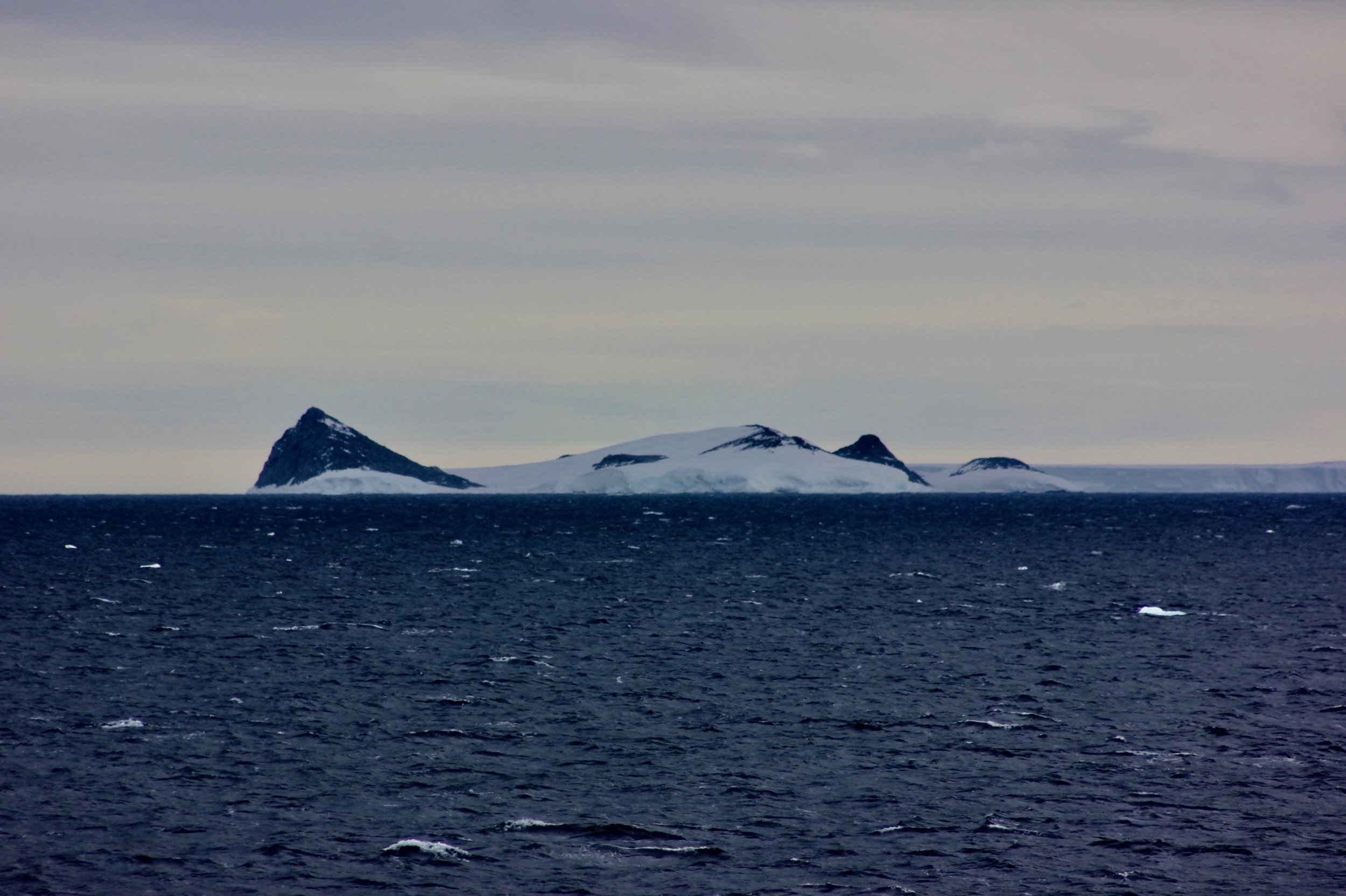
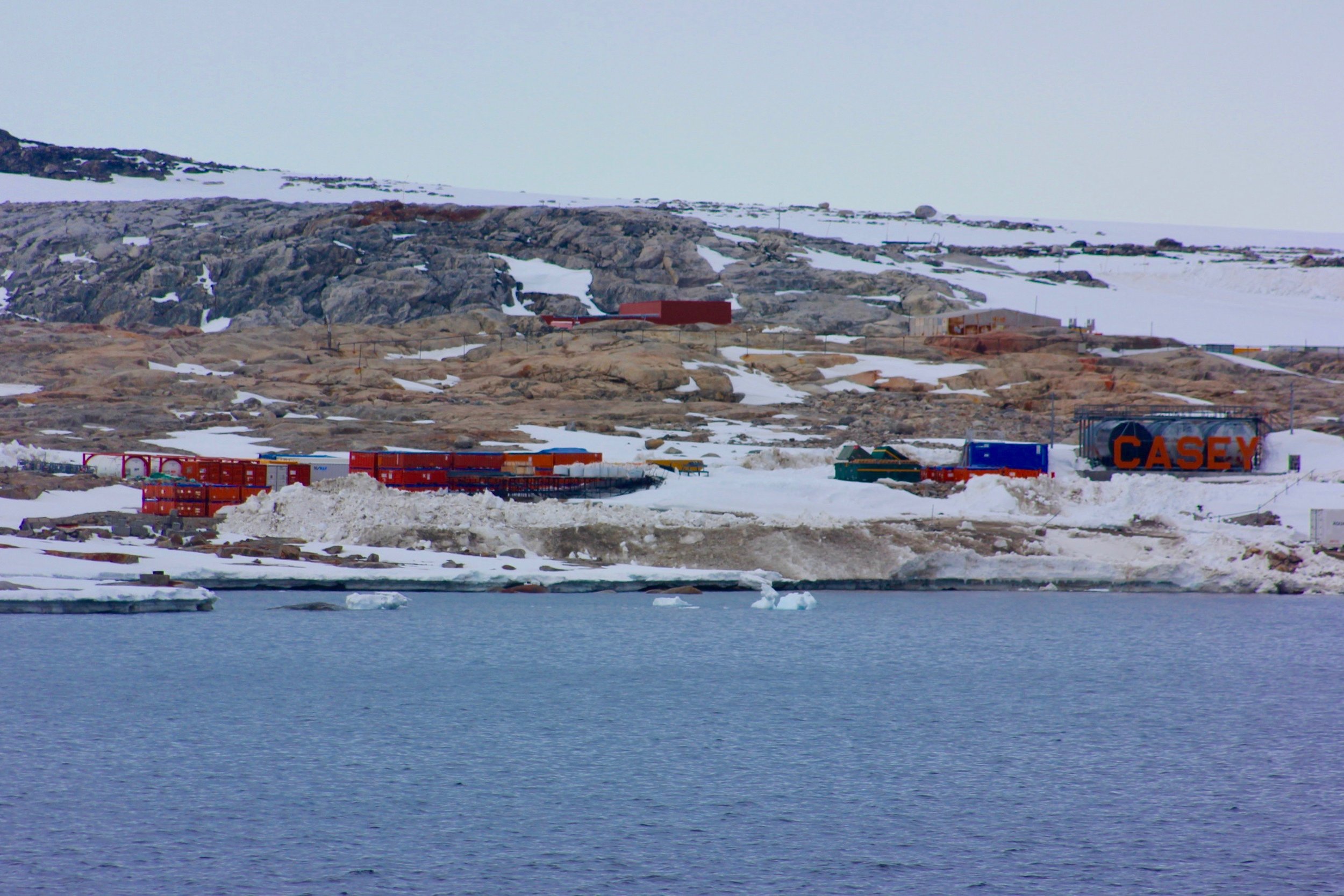
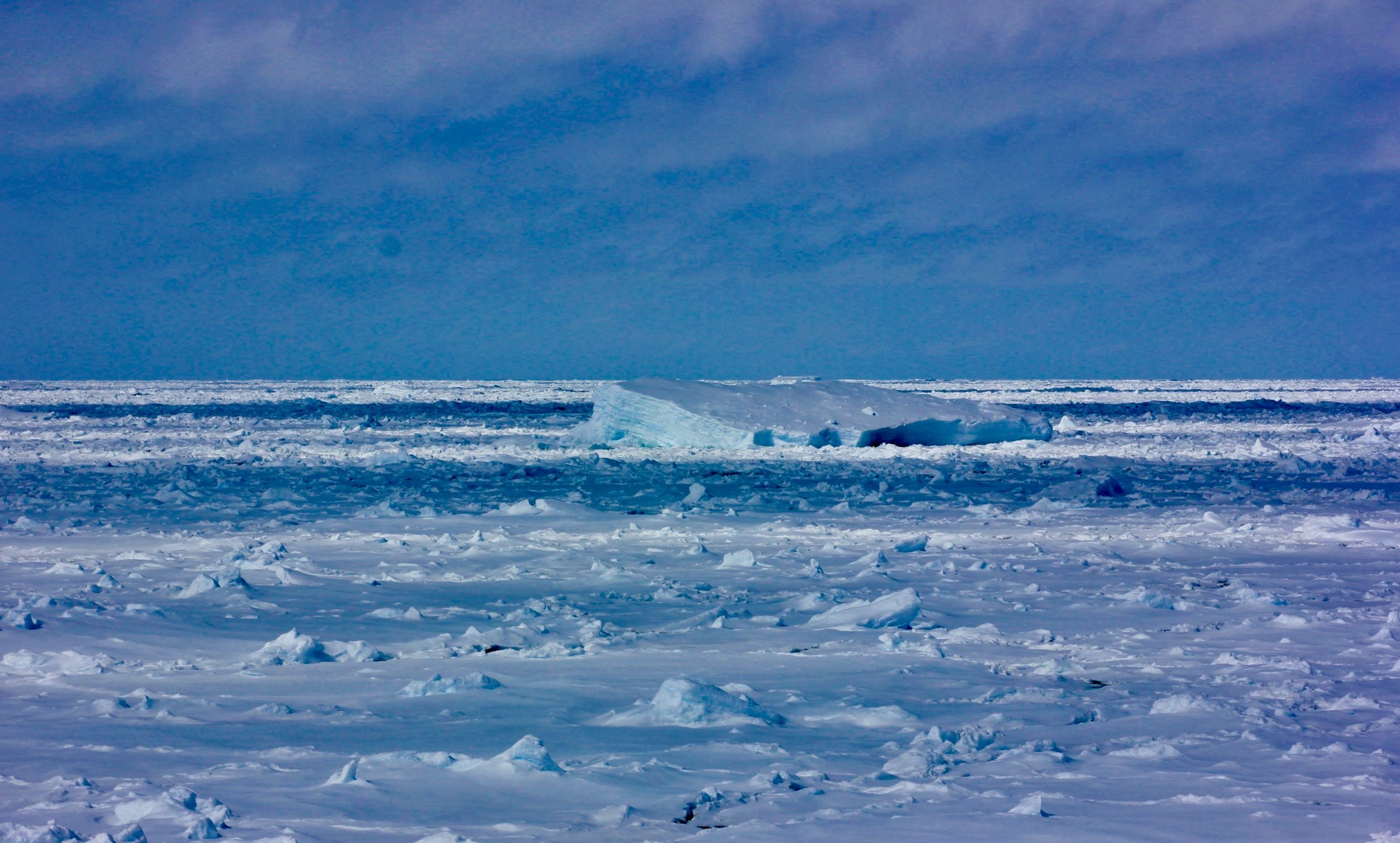
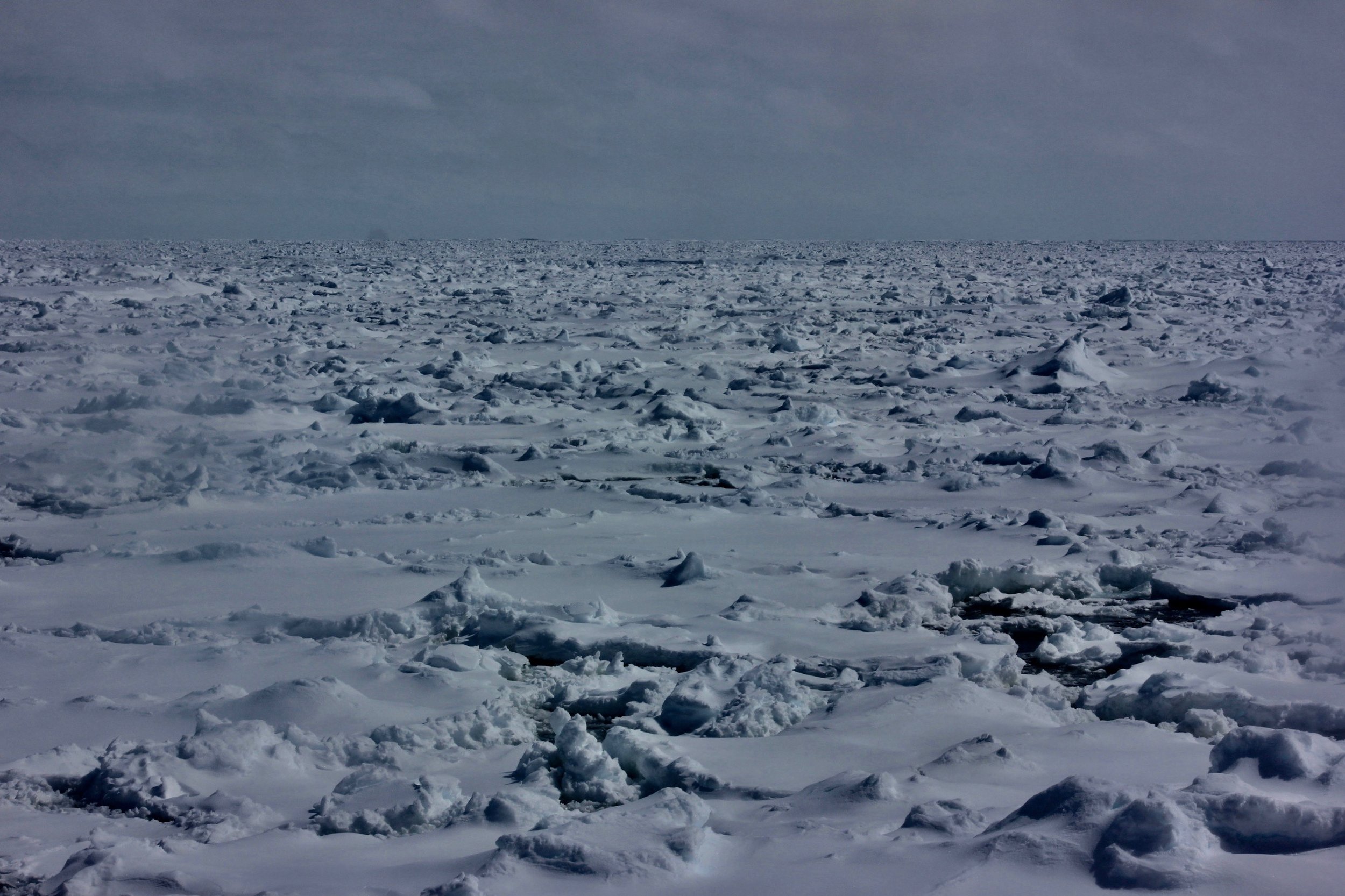
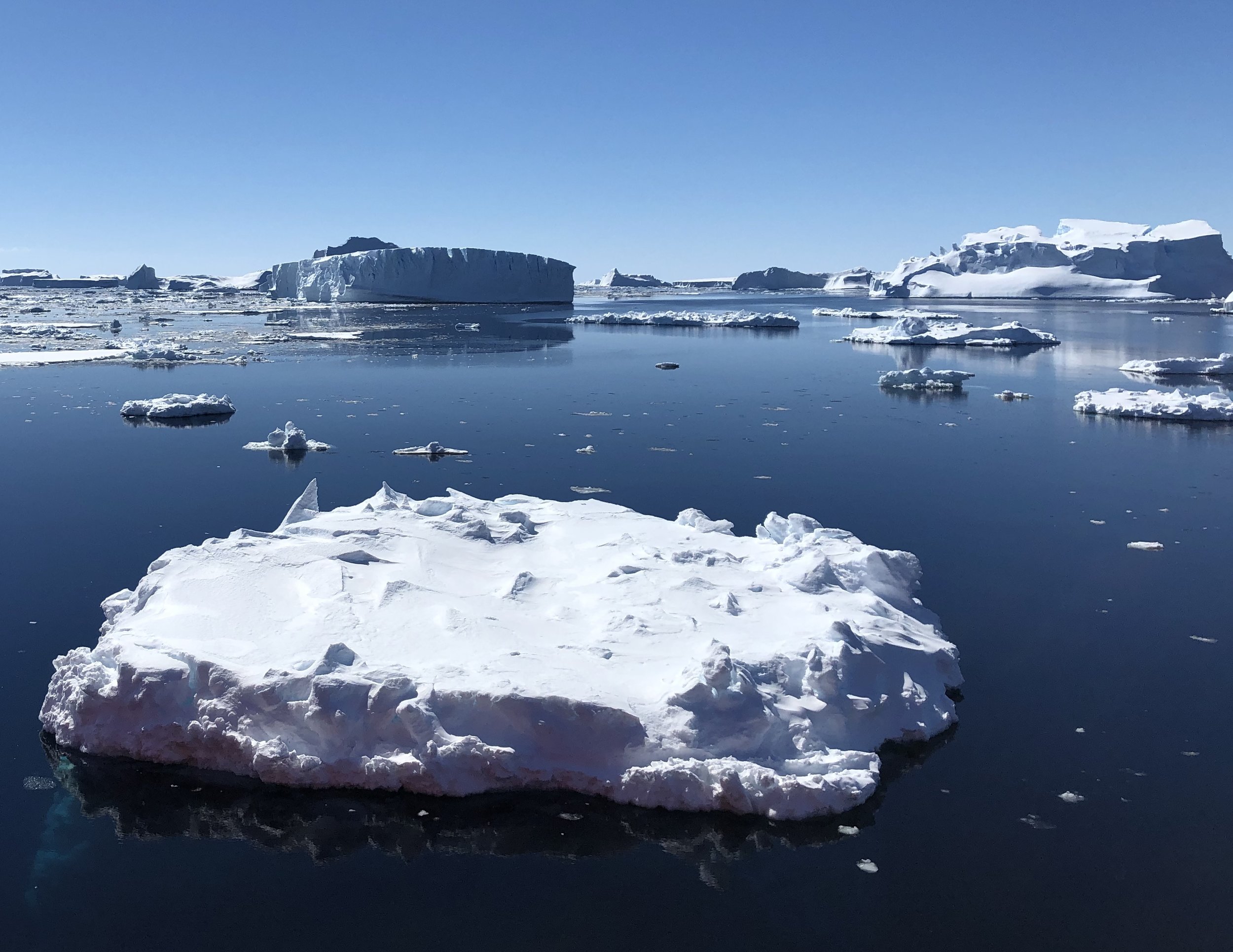

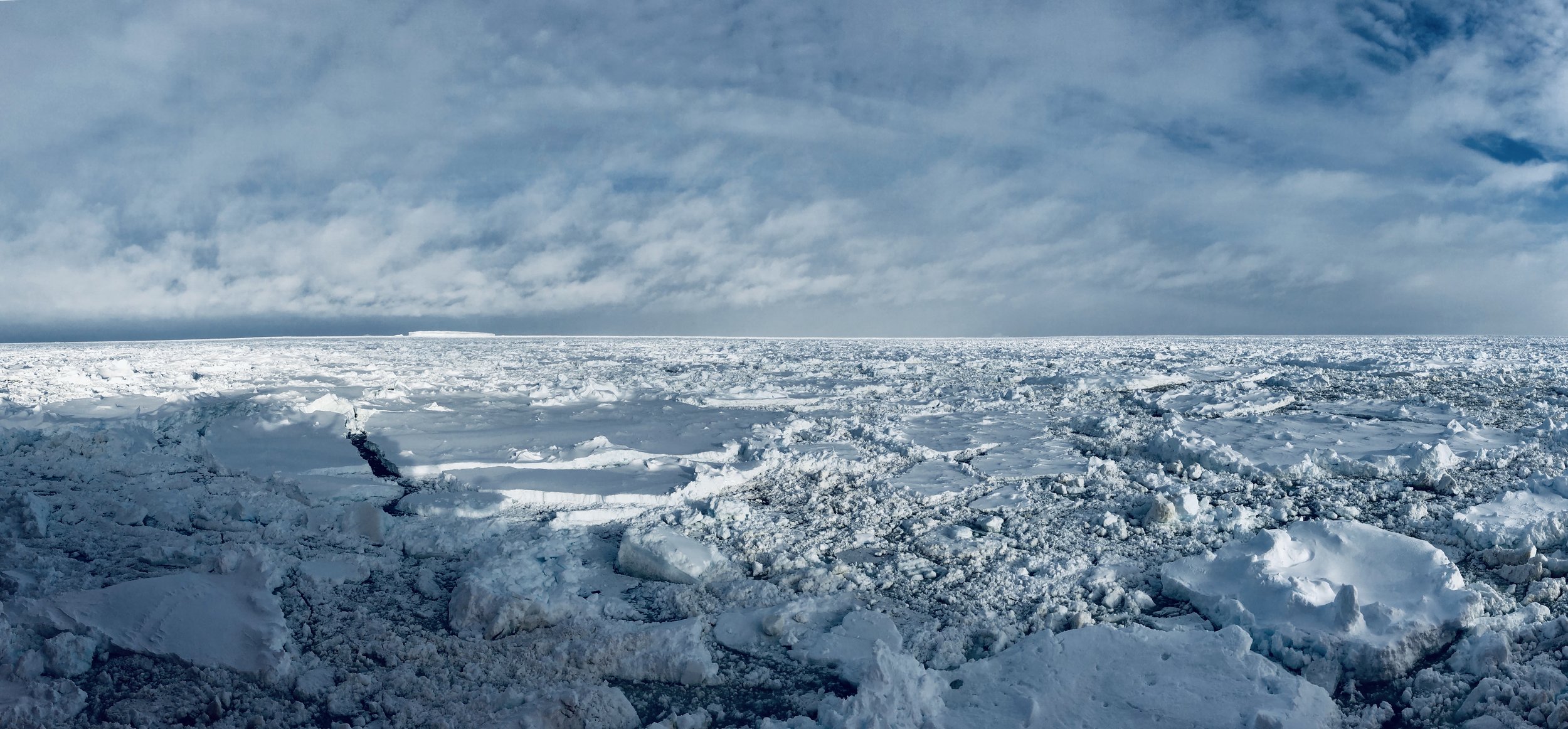








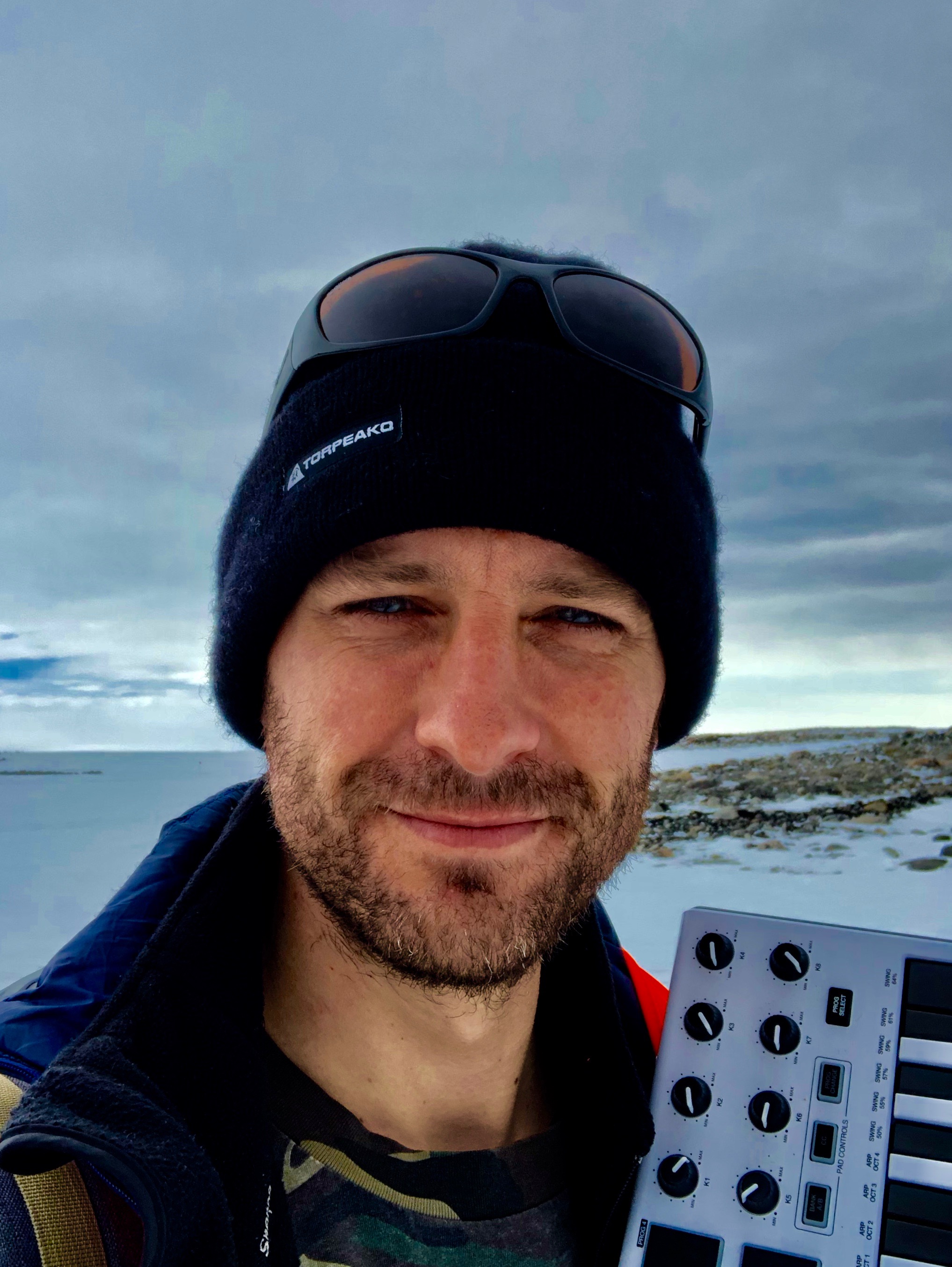
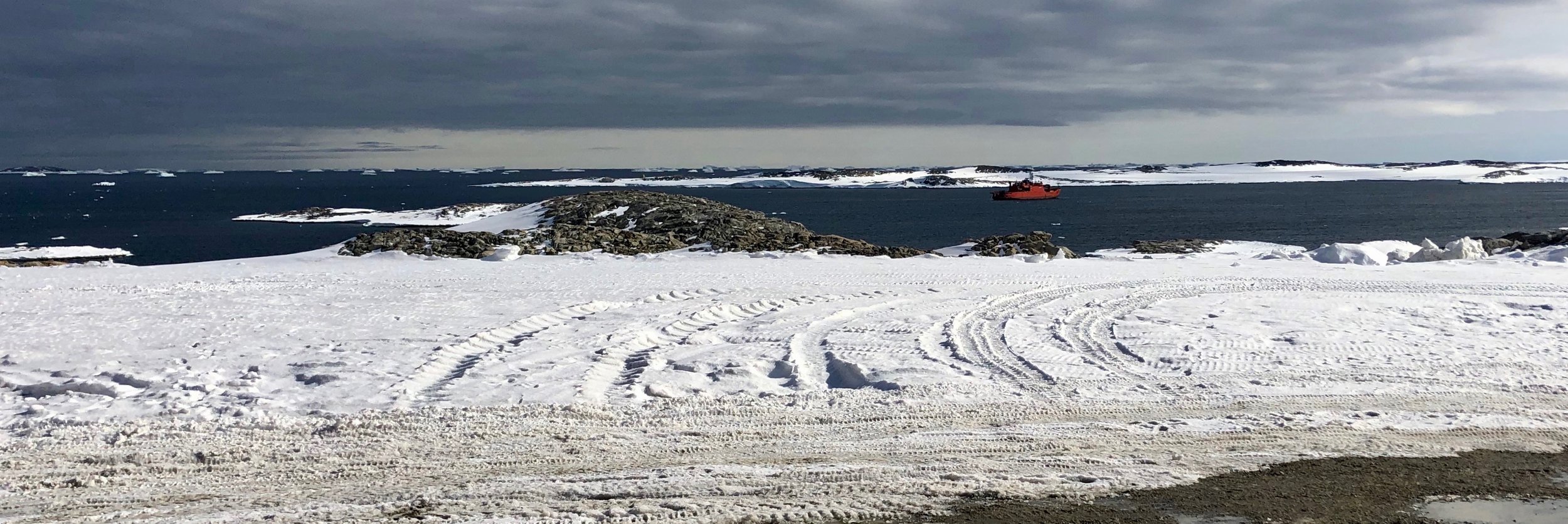

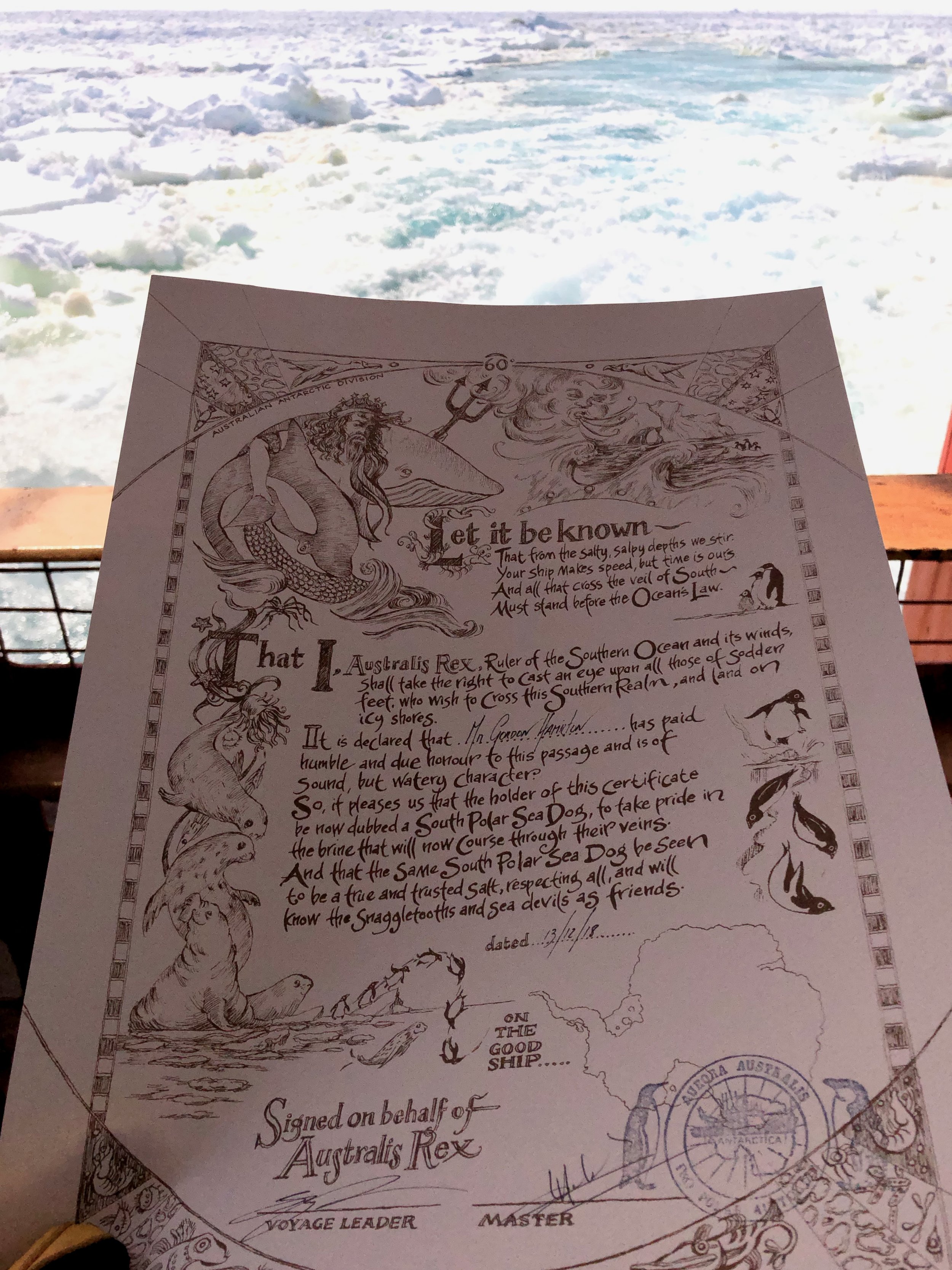
In one of their last public performances before the COVID-19 crisis, Melbourne Symphony Orchestra premiered my Far South (which I composed in Antarctica) in their first Masters program of 2020.
Listen to the full broadcast here on ABC Classic.
Thu. 5 & Sat. 7 March 2020
Melbourne Symphony Orchestra
Conductor | Alexander Shelley
In December 2019 I spent a month aboard the icebreaker Aurora Australis on a round trip to Casey Station, Antarctica. I was undertaking an Aurora legacy project from the Australian Antarctic Division to compose an extended work for Tasmanian Symphony Orchestra, Melbourne Symphony Orchestra and London Mozart Players.
The work I composed is called Far South and is in six movements. Three of the movements incorporate recorded sounds, which I captured in the field around Casey Station. These include ice, wind, the sound of snow melting, and a Finback Whale in the Southern Ocean.
When I received the Aurora Legacy Fellowship, I knew this would be an incredible life-experience and fruitful artistic adventure. I was looking forward to making the most of the experience of being isolated and having many uninterrupted hours to work and to explore ideas.
Packing for Antarctica is actually pretty easy, given the the AAD supplies everyone with weapons-grade cold-weather gear. Books and movies were essential. I also brought several scores that I wanted to study: Debussy’s La Mer and several Mozart Symphonies. I made sure I had some great music to listen to on my iPhone: I spent some good times up on deck in the icy Southern Ocean listening to Sibelius, Debussy and Nigel Westlake.
Life on board the Aurora Australis is fun and comfortable. The food is excellent and plentiful (what a danger!). I got very used to the gym and sauna. I enjoyed (and was frustrated in equal measure) by the lack of internet – this making it easier to concentrate on work.
I encountered many wonderful and interesting sounds. The Zoom H6 stereo microphone is one of my favourite possessions! I use this compact and powerful device all the time to record the piano, or my choir, The Australian Voices. I used the H6 to record the sounds of the ship, of cargo groaning on deck in the wind, of the ship breaking the ice, of snow and ice on Antarctica melting, and wind brushing snow crystals on Reeve Hill. I edited these recordings into tracks which will play out of a speaker during the performance. I really enjoy blending recorded sound with ‘classical’ ensembles – often it’s hard to discern what is recorded and what is live.
I composed little sketches every day in my cute miniature Moleskine notation book. Then each afternoon I worked at realising the sketches into orchestral music. After a five weeks, In all I composed about thirty-five minutes of music, though I only used twenty four minutes for the completed symphony. Composing music is like exercising a muscle: ideas beget ideas, and the more one works at it, the easier it becomes. Some of the music I composed was a direct depiction of landscapes and colours; other parts are more abstract musical ideas I happened to think of‘while in Antarctica.
One of my most vivid experiences was the sight when we first entered the sea ice: a vast landscape, so white it hurts to look at. I depicted this in a movement called ‘Infinite Monochrome’.
Sea sickness was an unwelcome guest on the ship: some days brought with them a six-to-eight meter swell, which made it impossible to sleep. On such days the only relief was to take a dose of Phenergan and lie horizontal to ride out the drowsiness. This got a bit depressing after some days – humans need sleep.
On the return journey we were delayed by a week because of unlucky winds compacting the sea ice. This left many of the expeditioners – who had spent weeks in remote stations – in limbo. I was fortunate to have a symphony to compose, and this extra time allowed me to finish the work, all the way up to the double bar line.
I loved getting to know some of the scientists and other workers on board. The scientists were generous in sharing some of the details of their work in nightly presentations. I think they were surprised to learn of a composer on board, and many showed interest in my work. I gave contributed to the nightly discussions by giving several talks on classical music. On the final night, I played my symphony (off the software) for all to hear. Most of the crew and expeditions came down to the Bar* and I was grateful to receive some insightful comments.
_______________
*so named for its former function; the Aurora Australis is now a dry ship.

